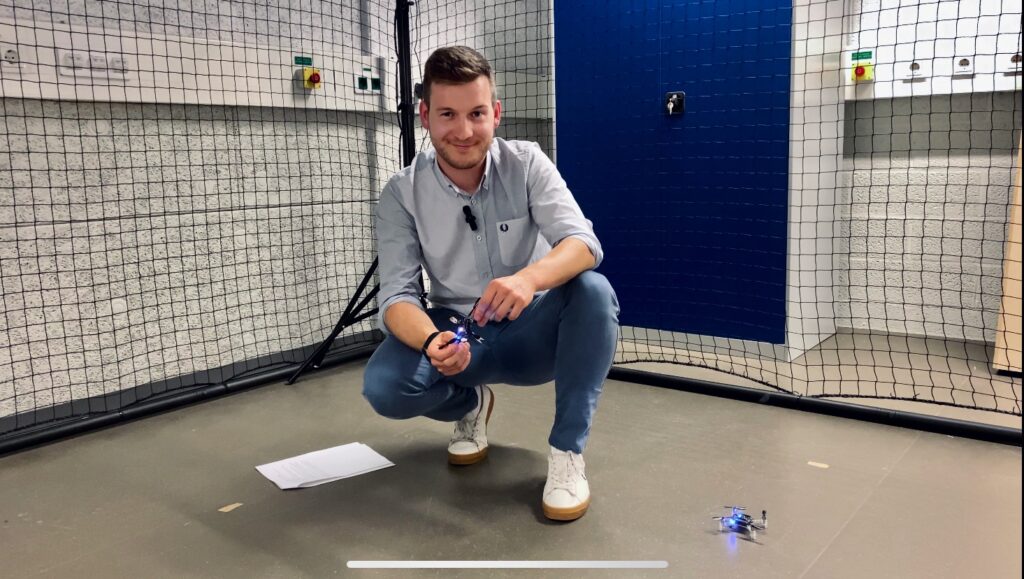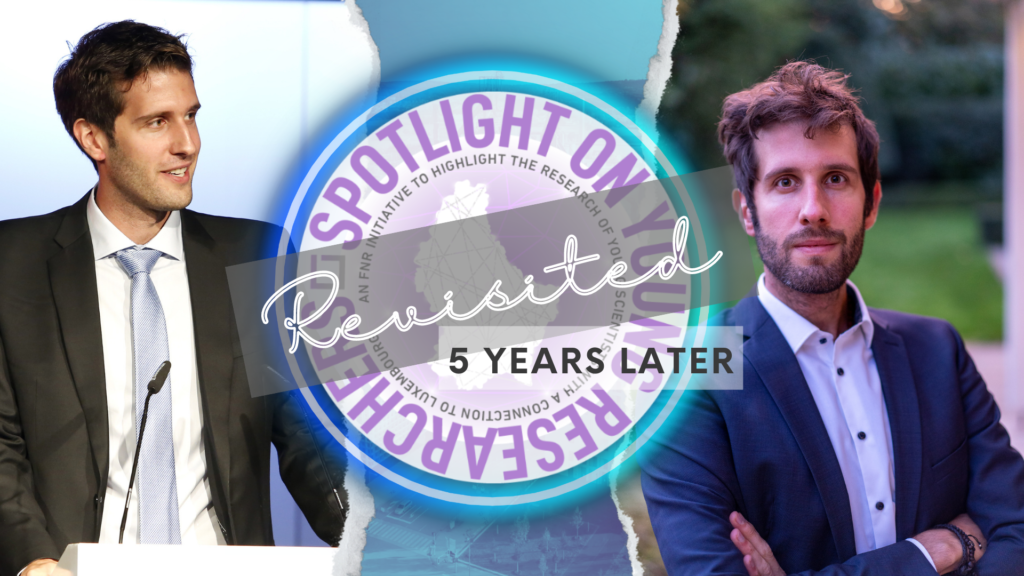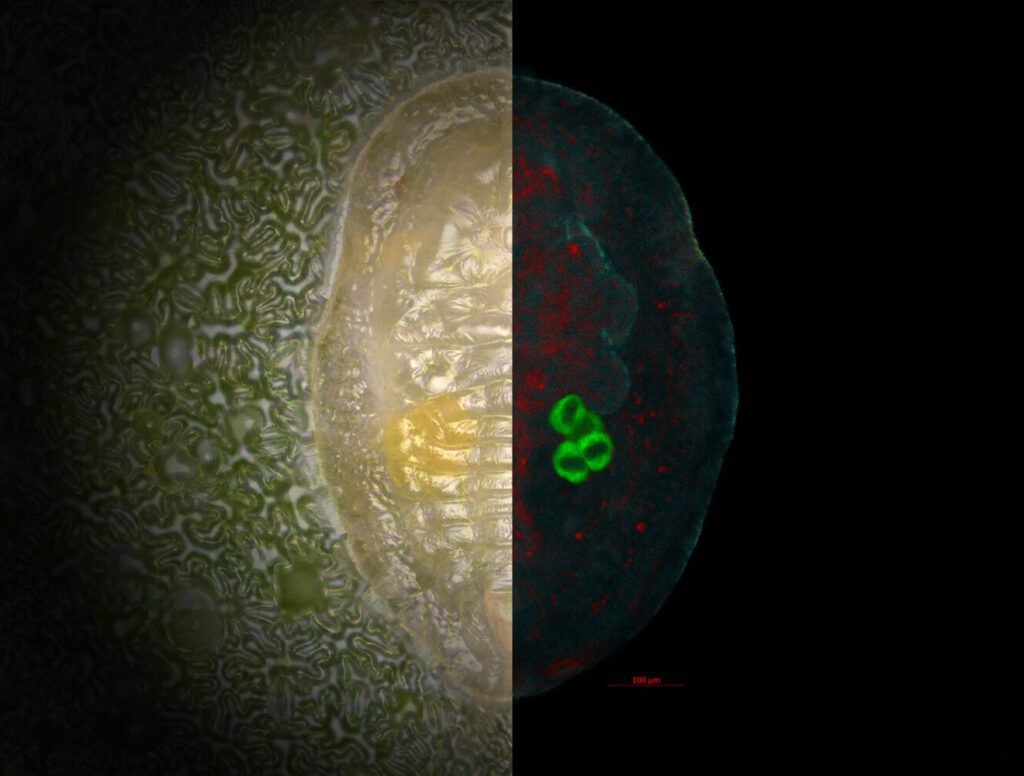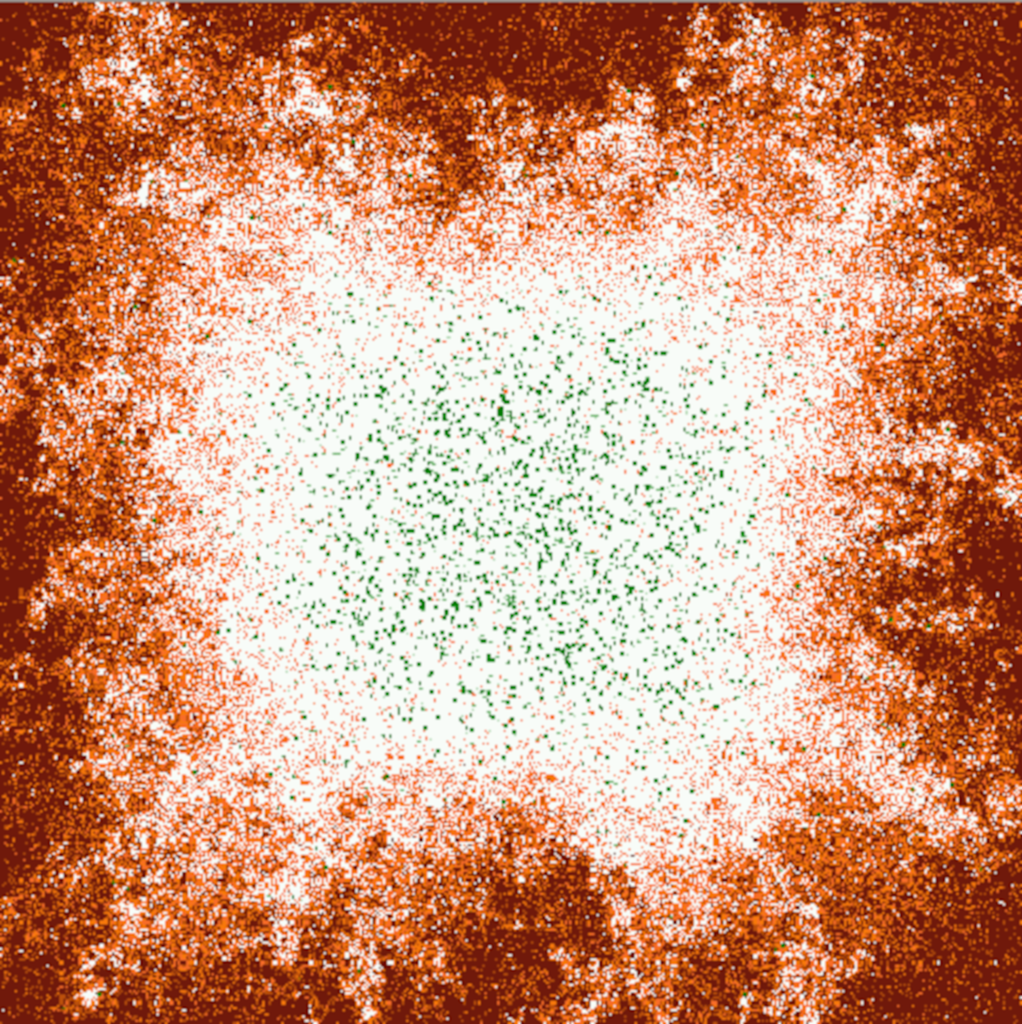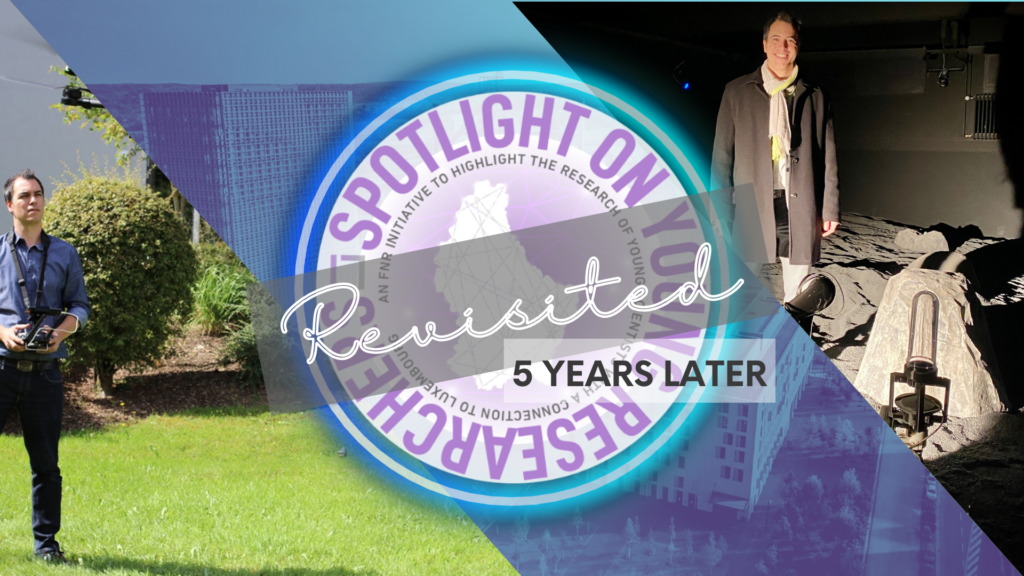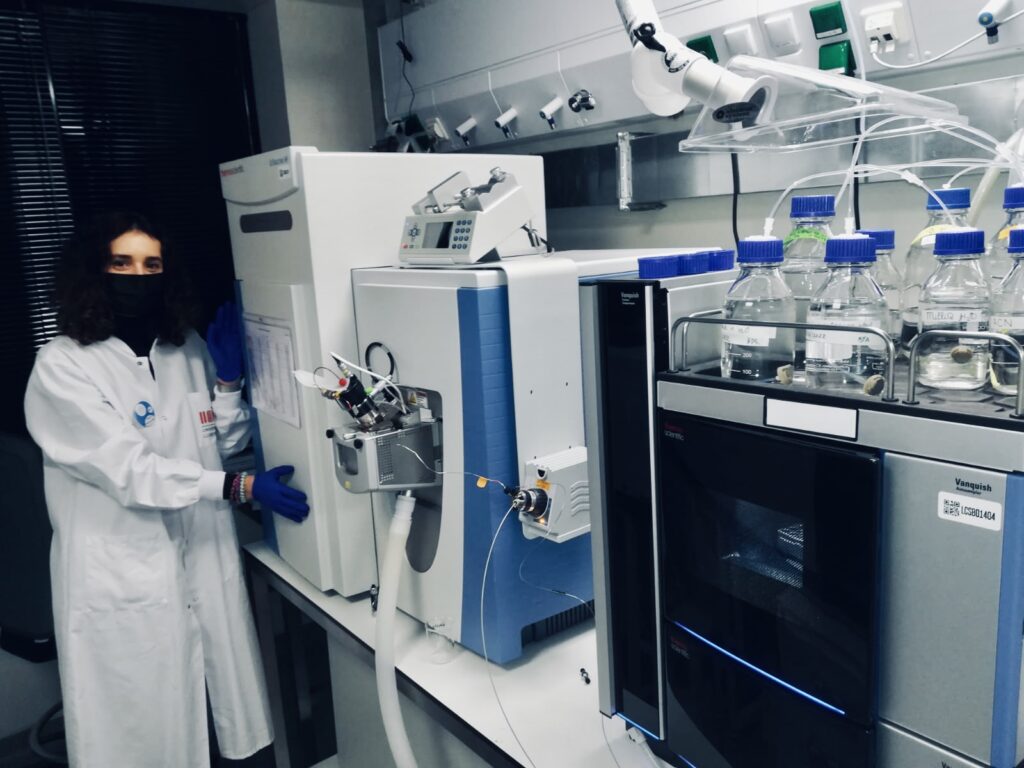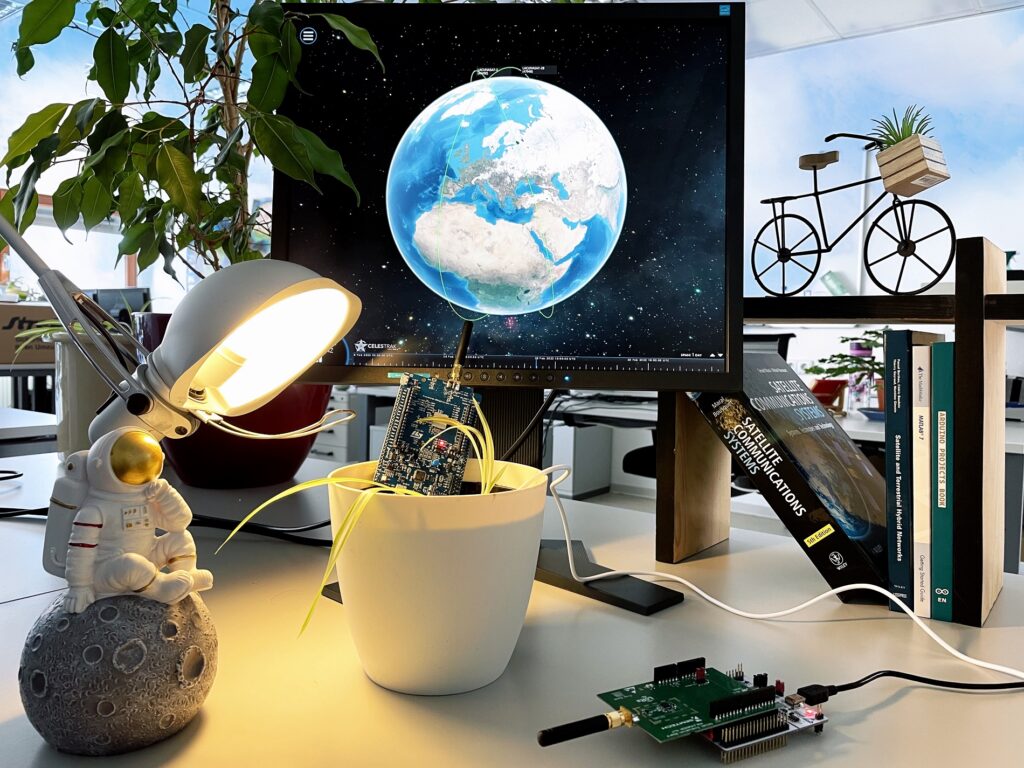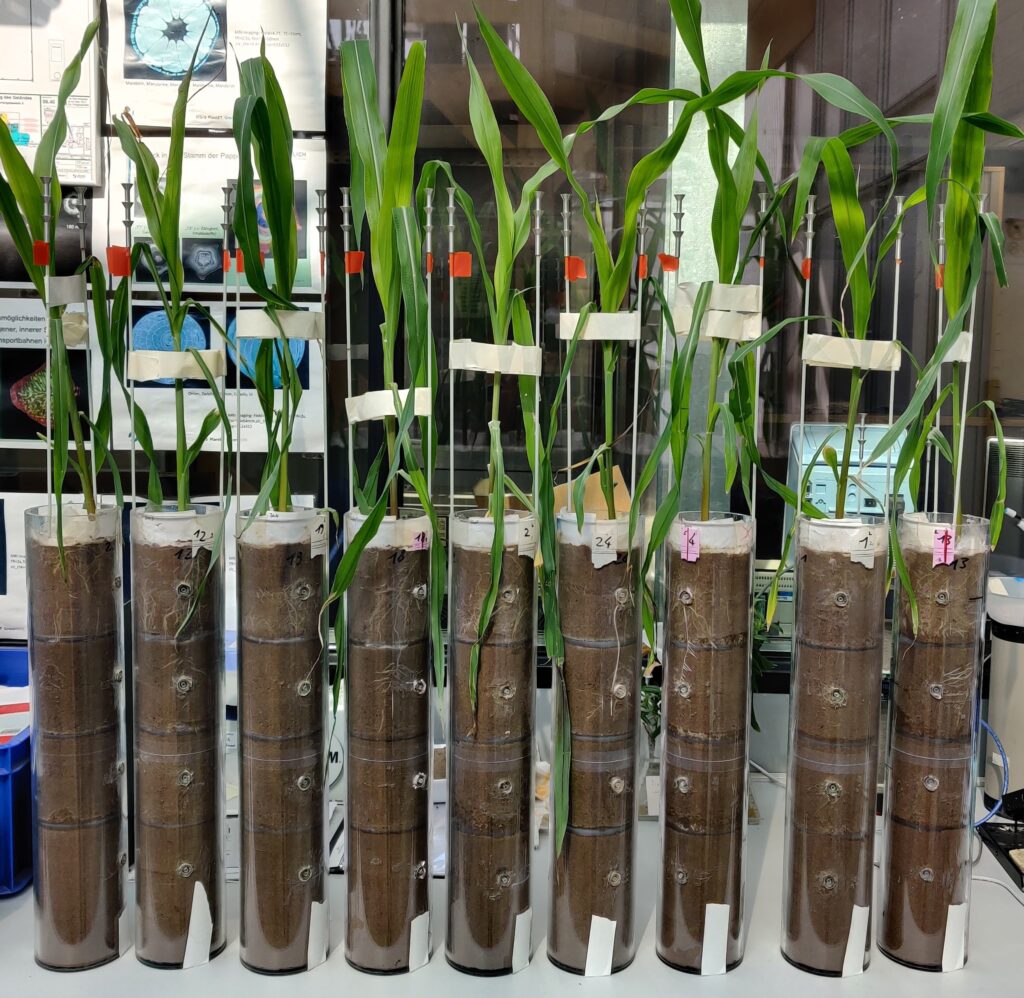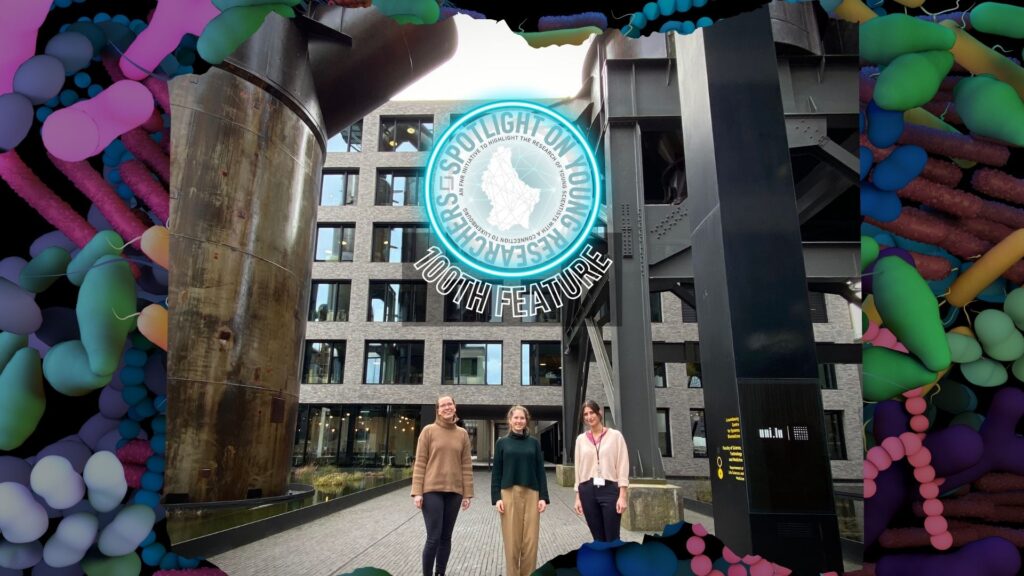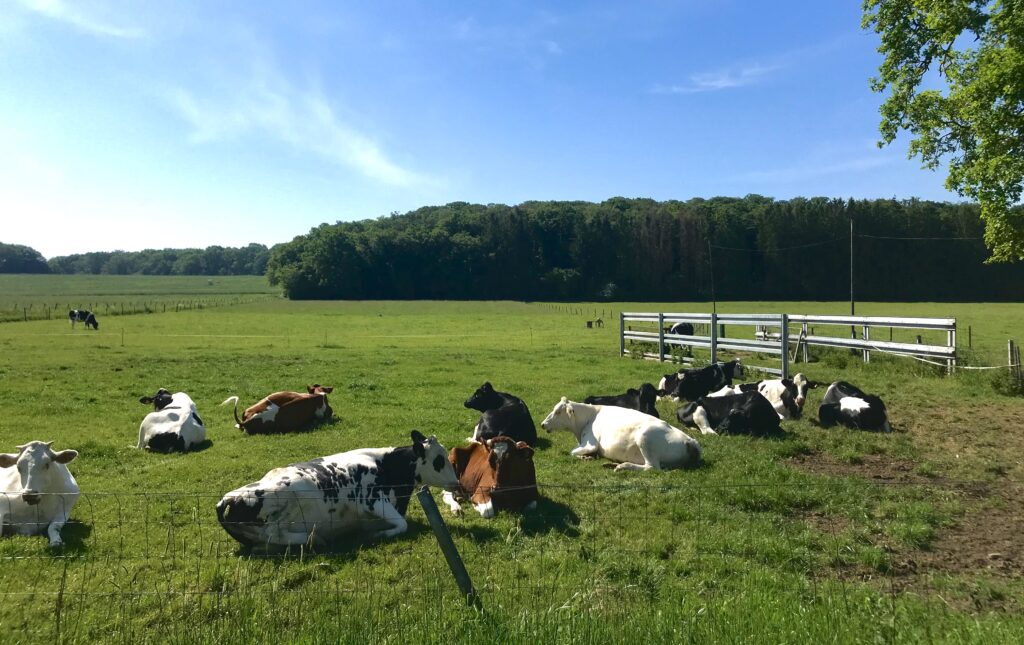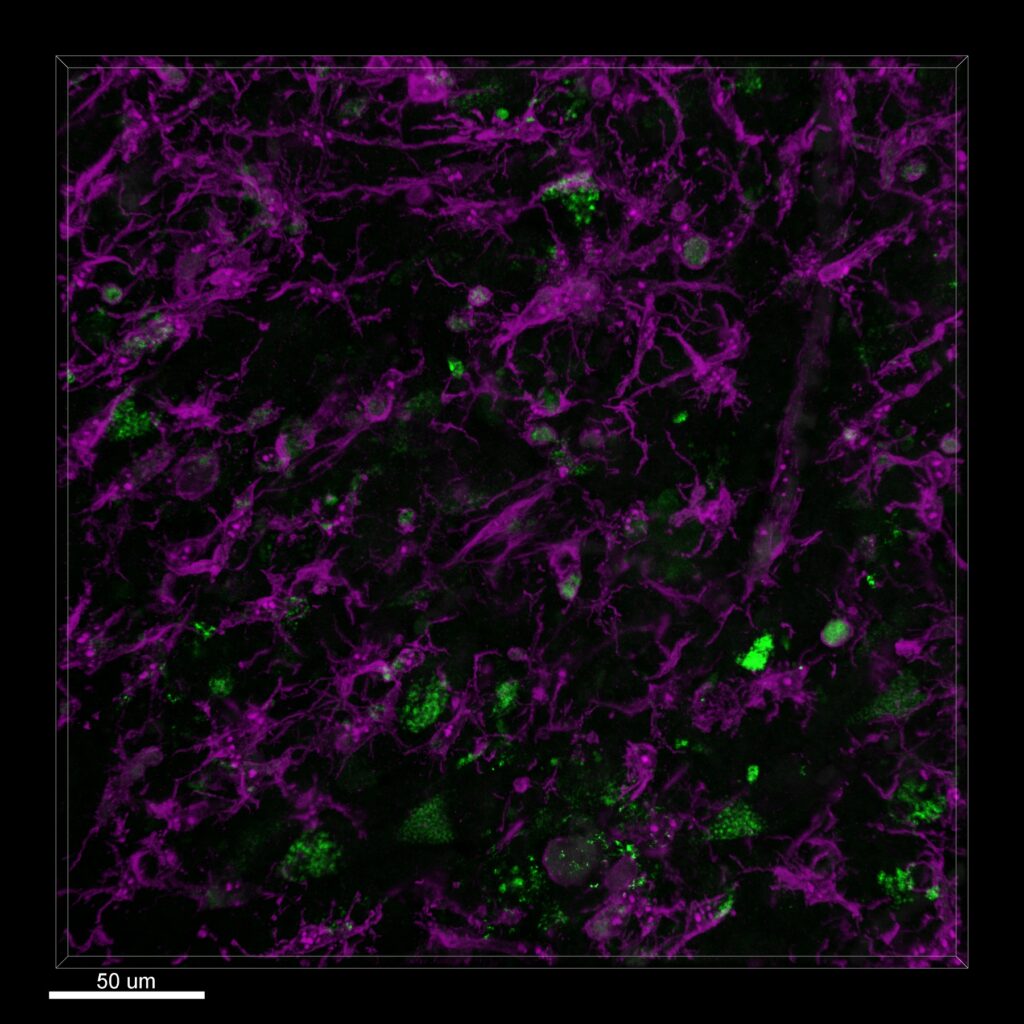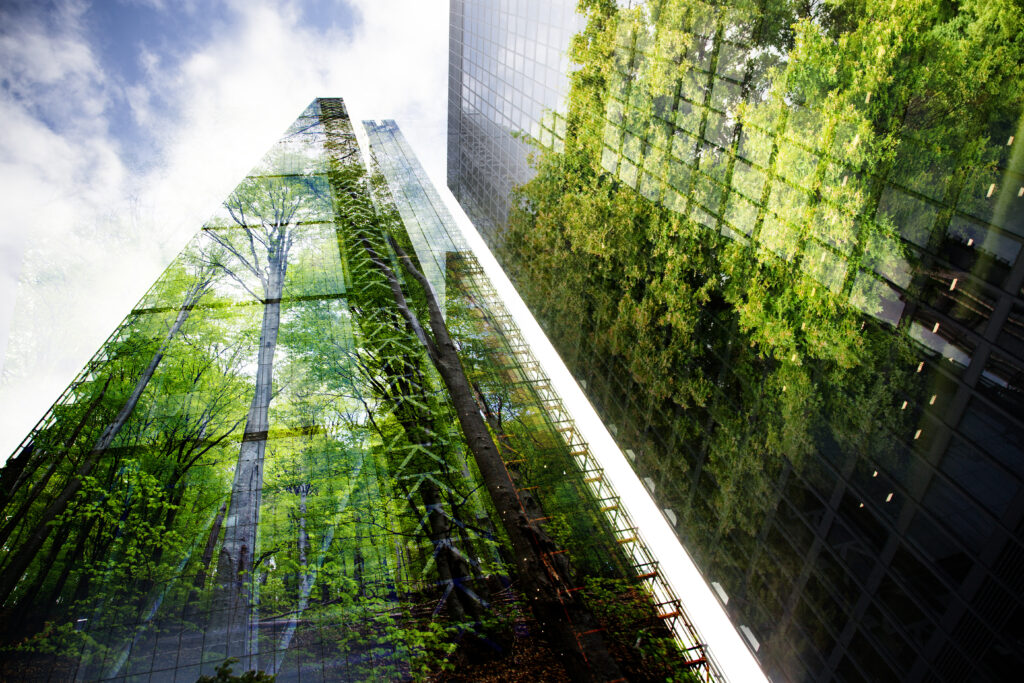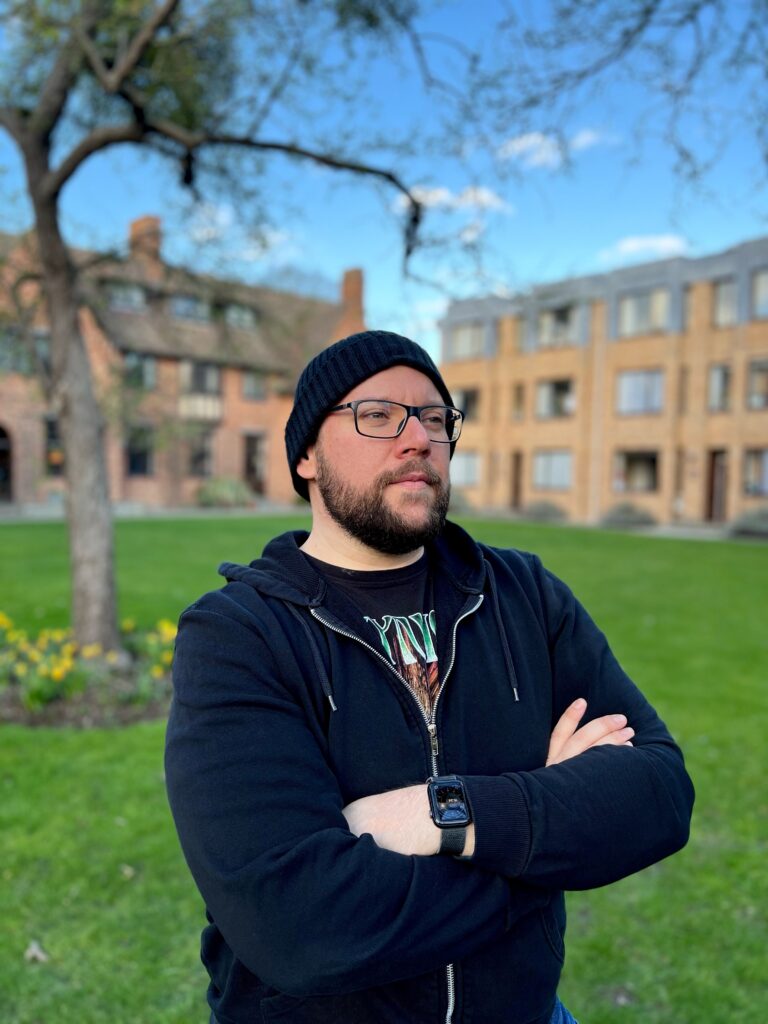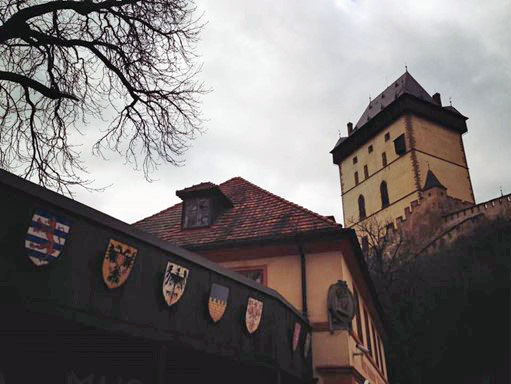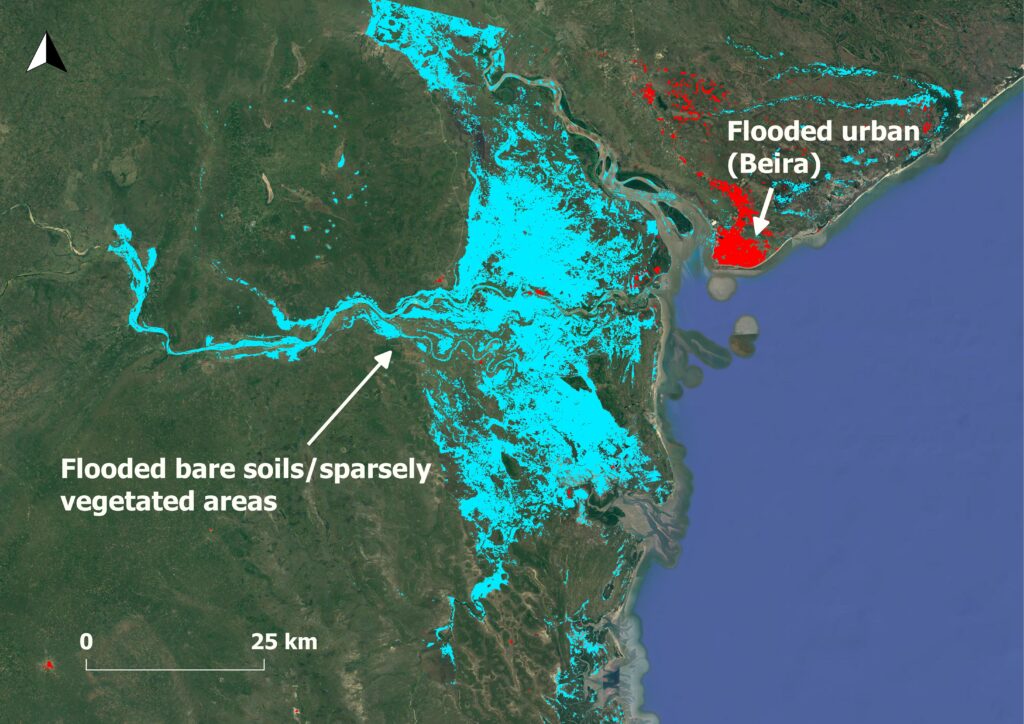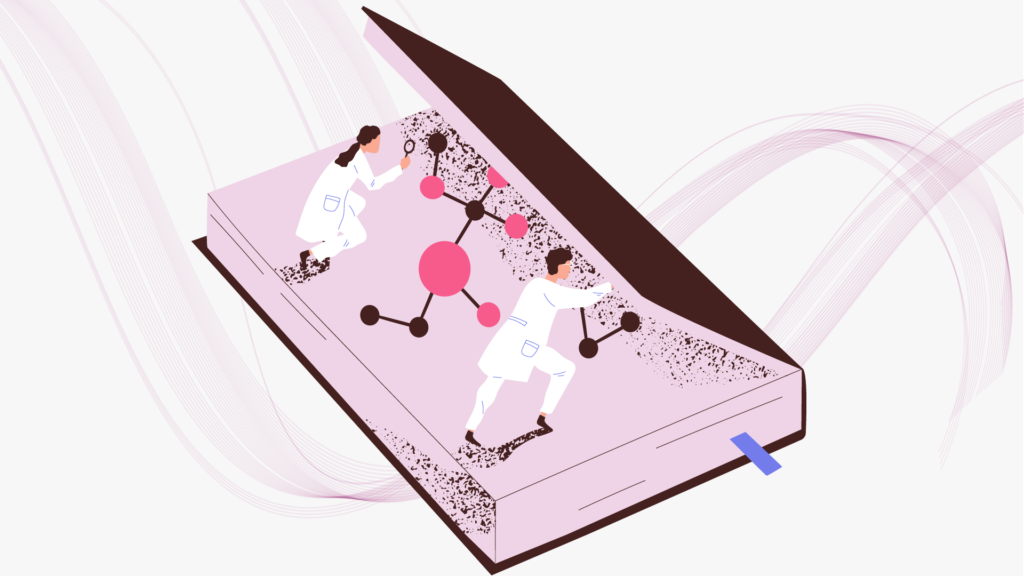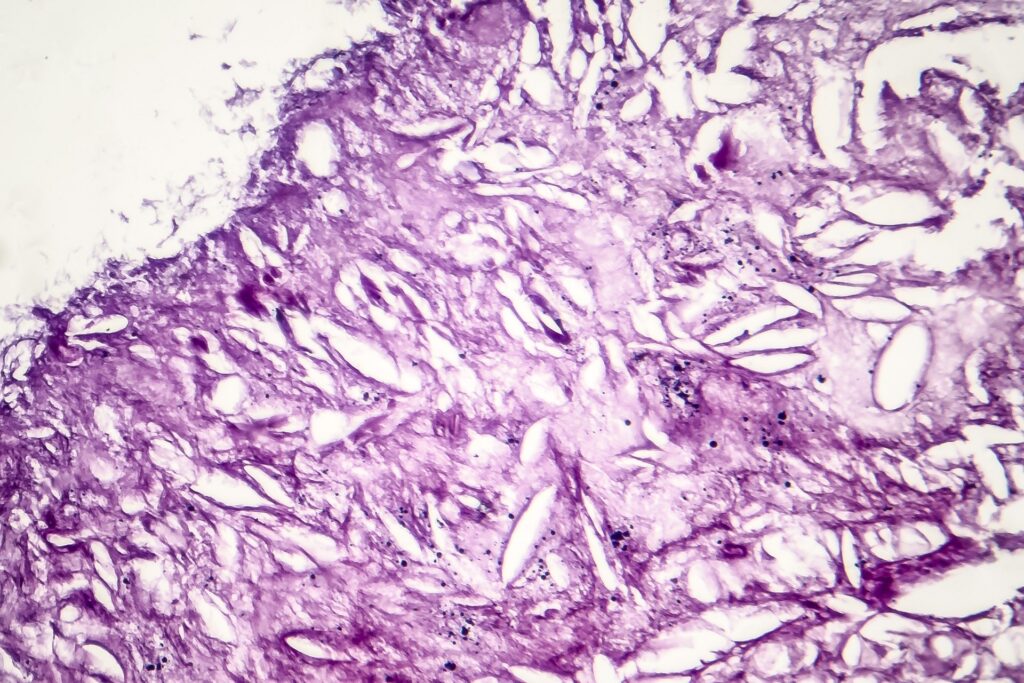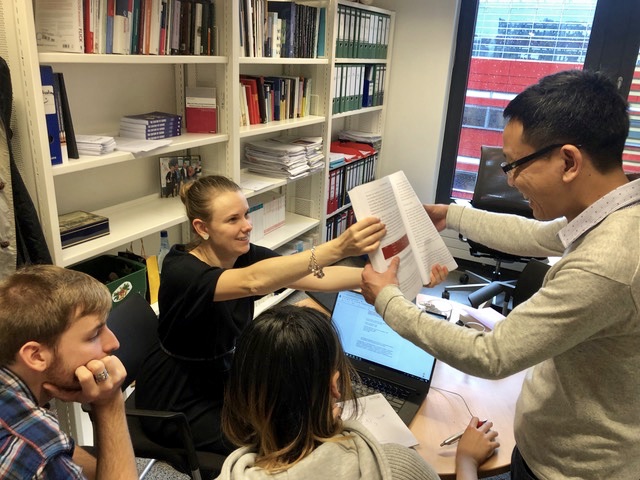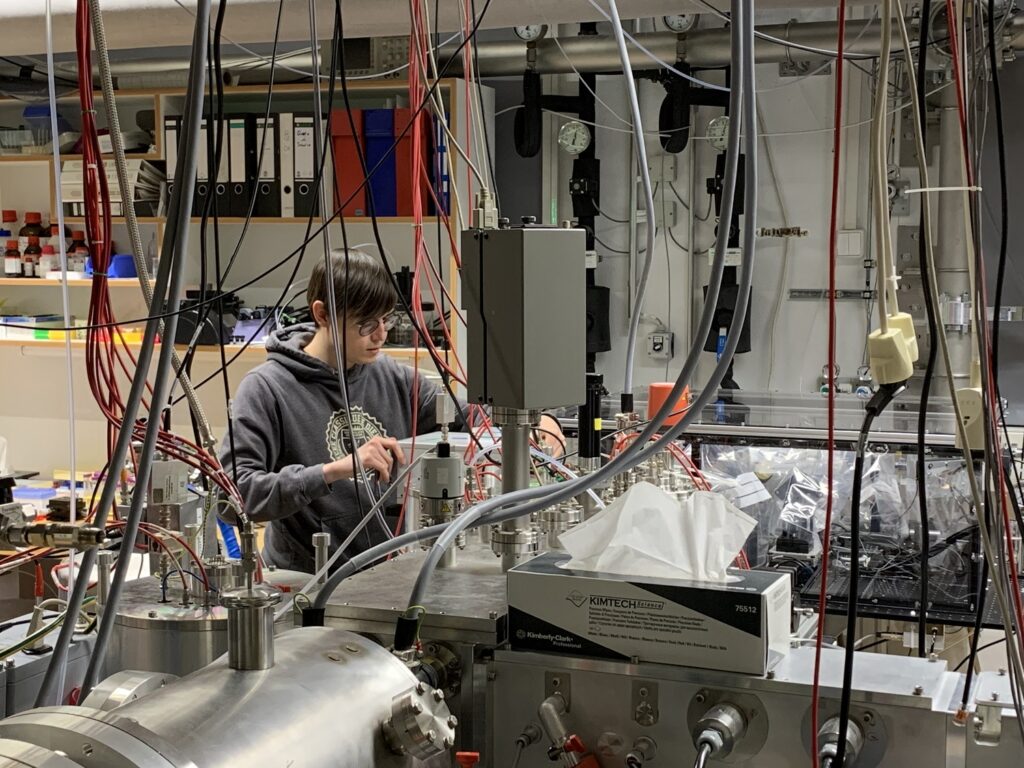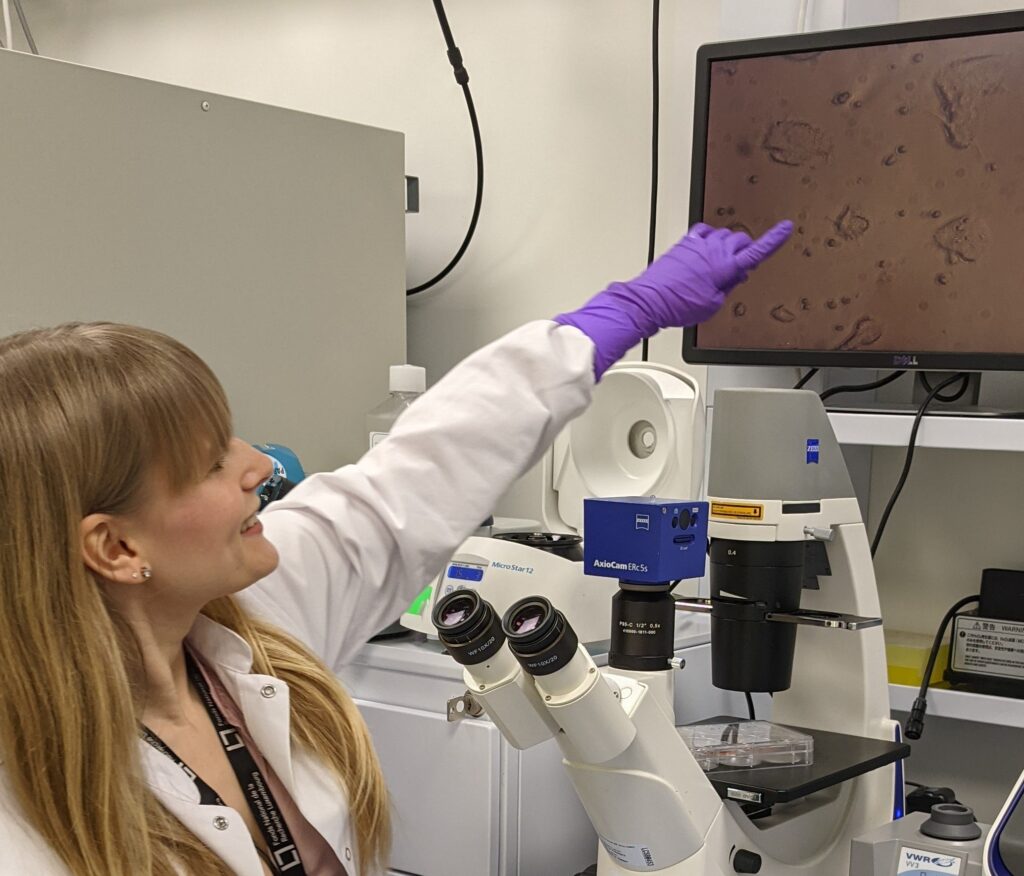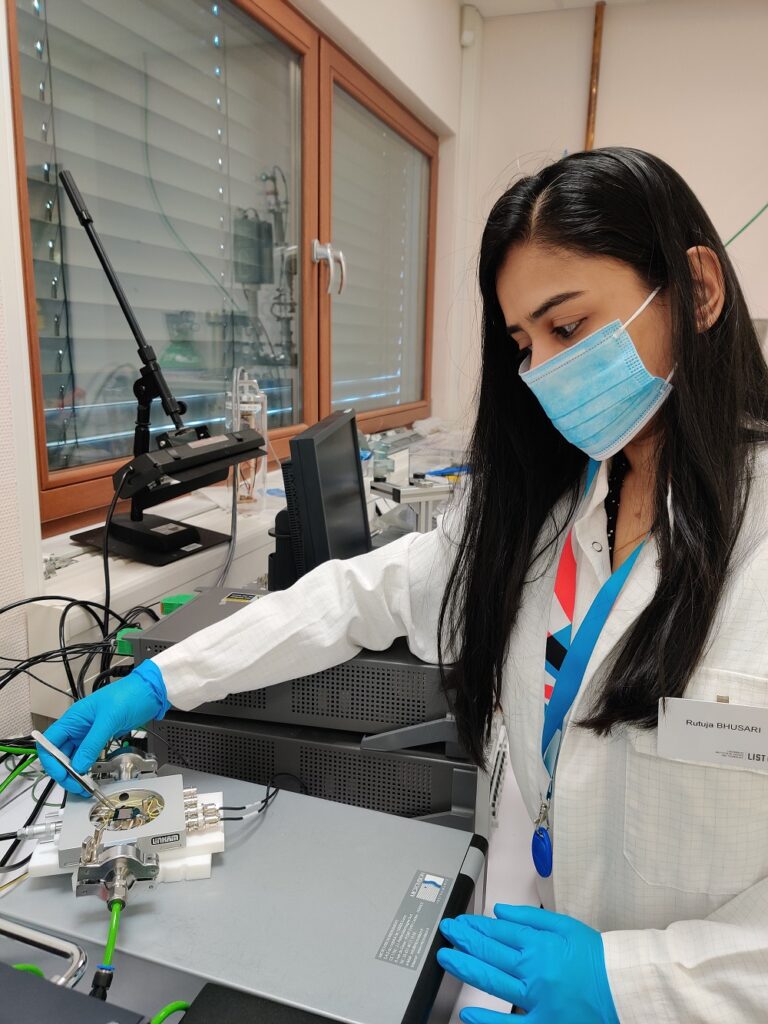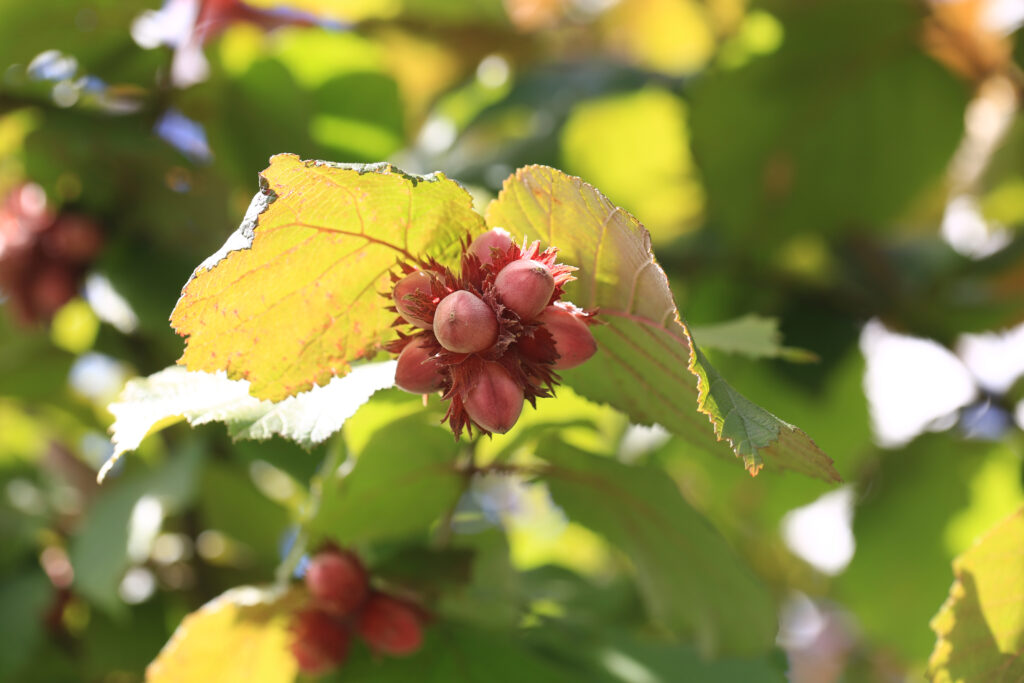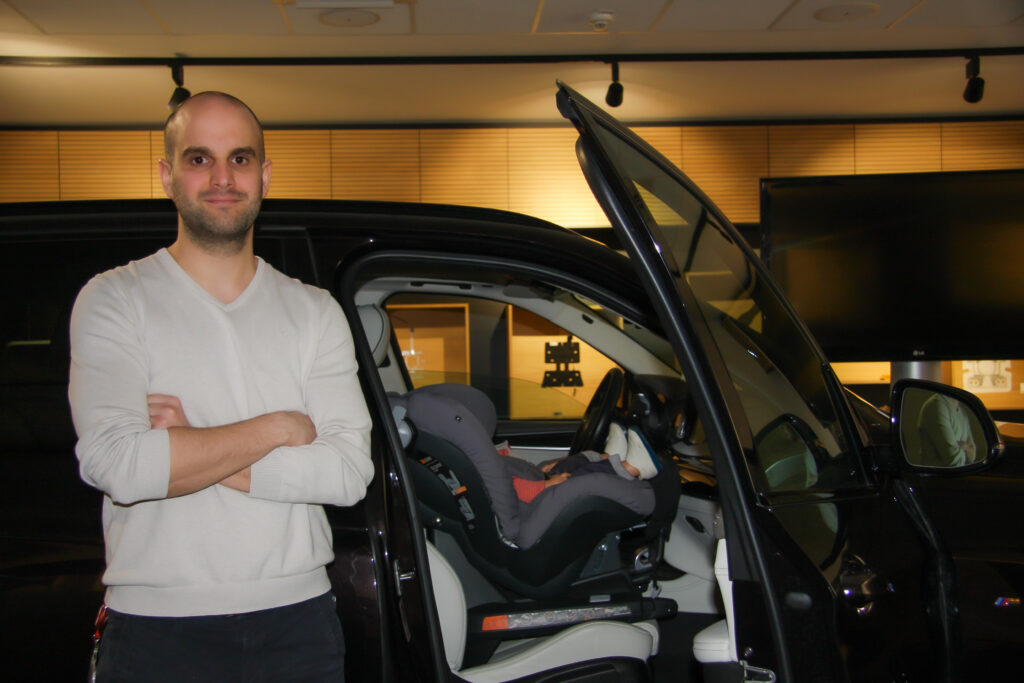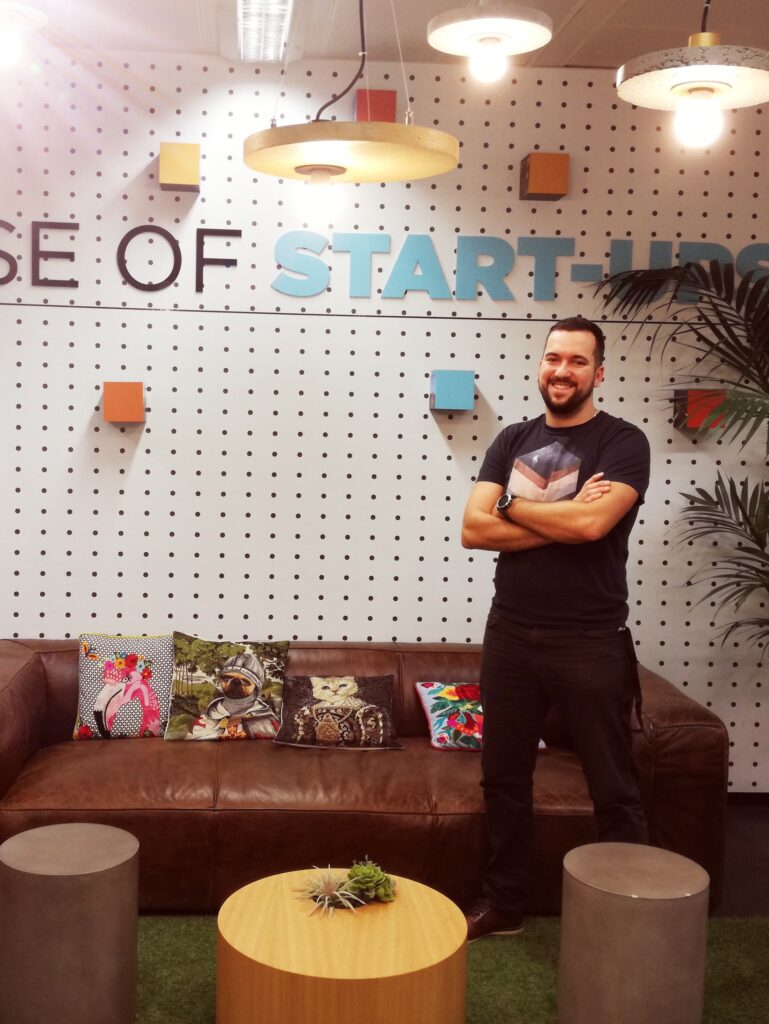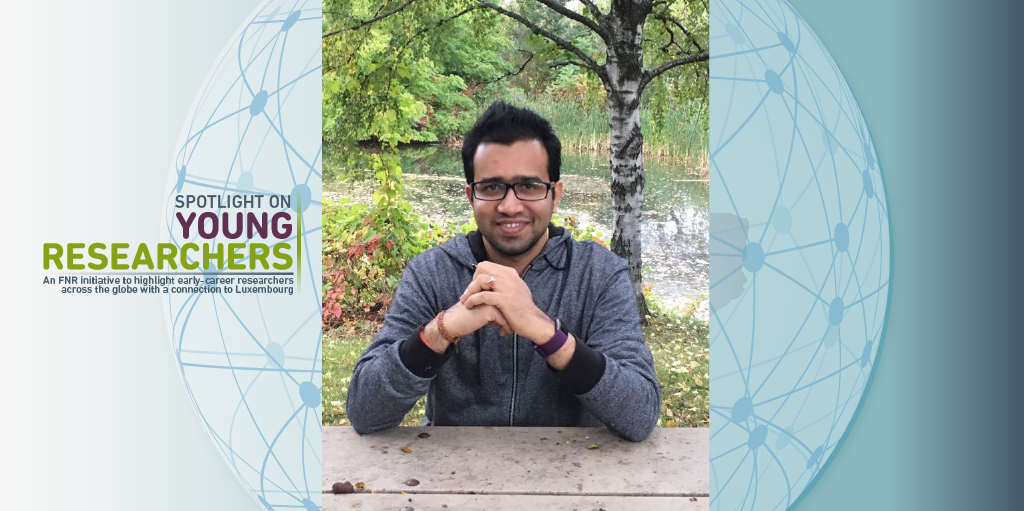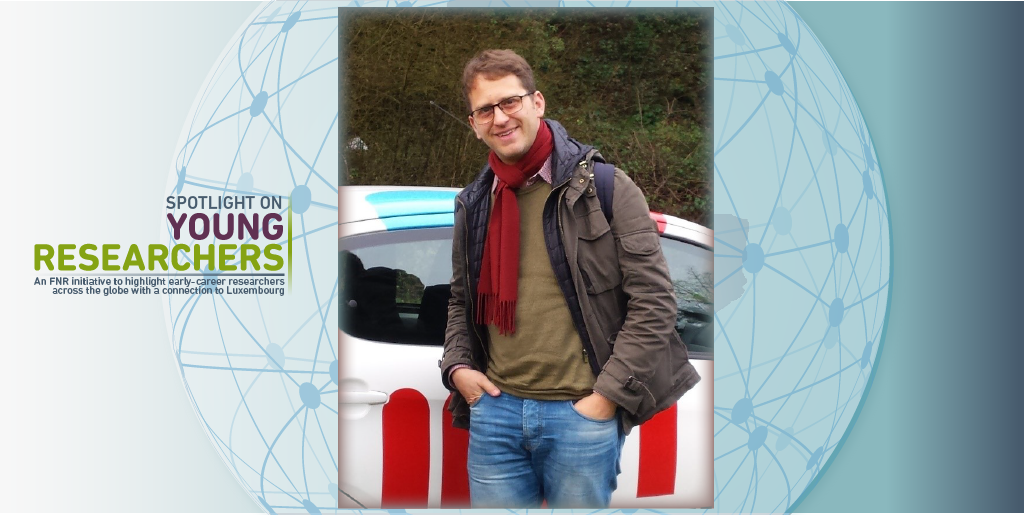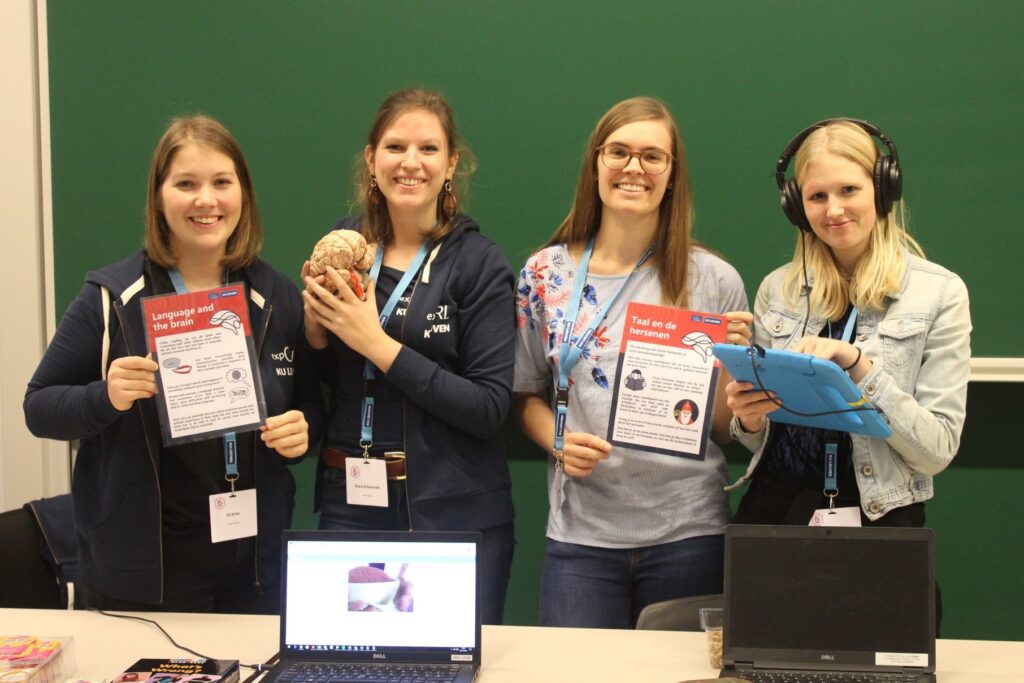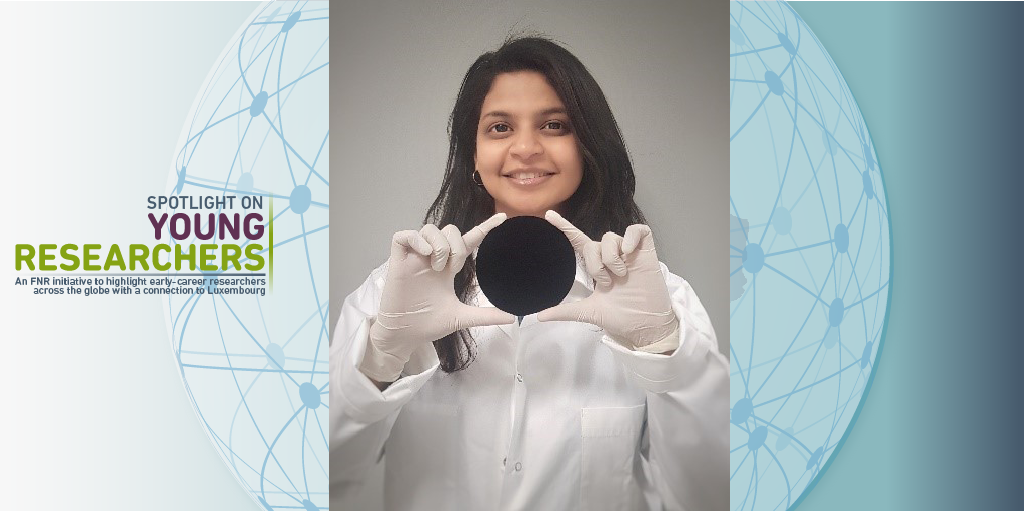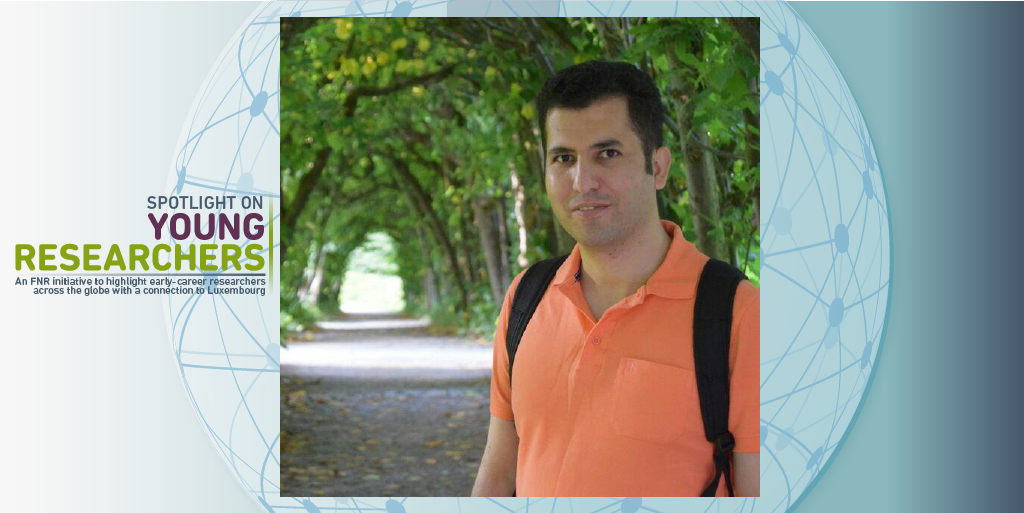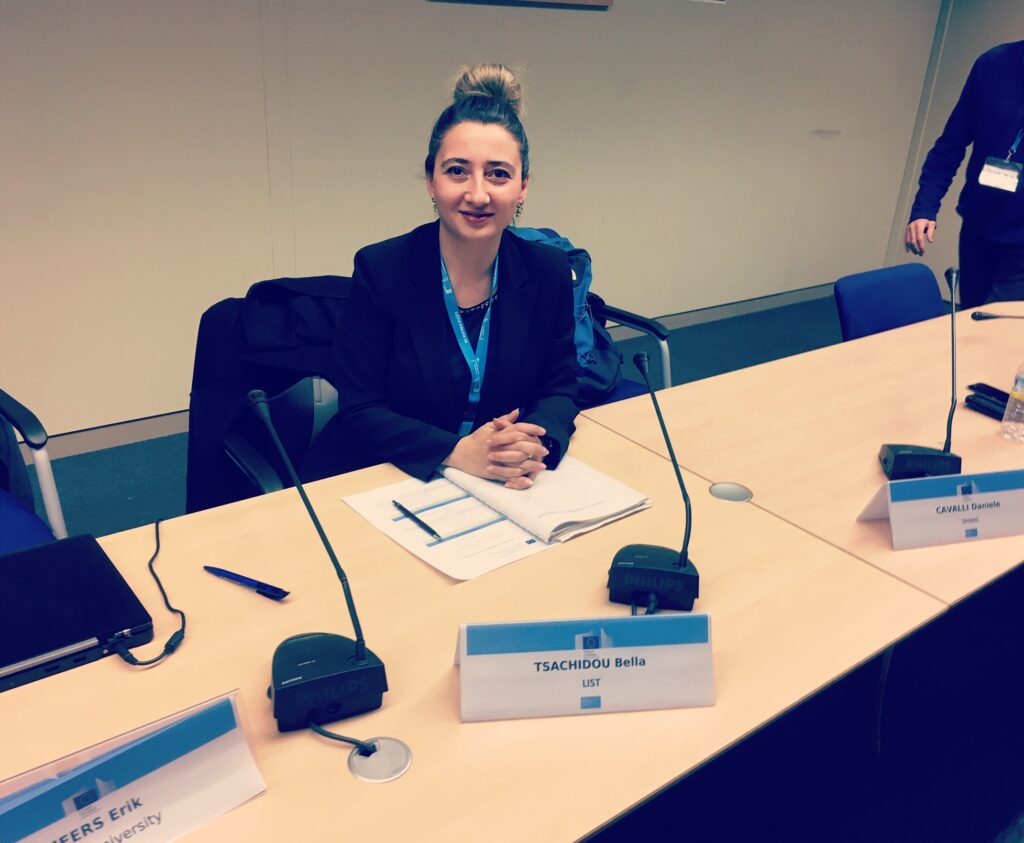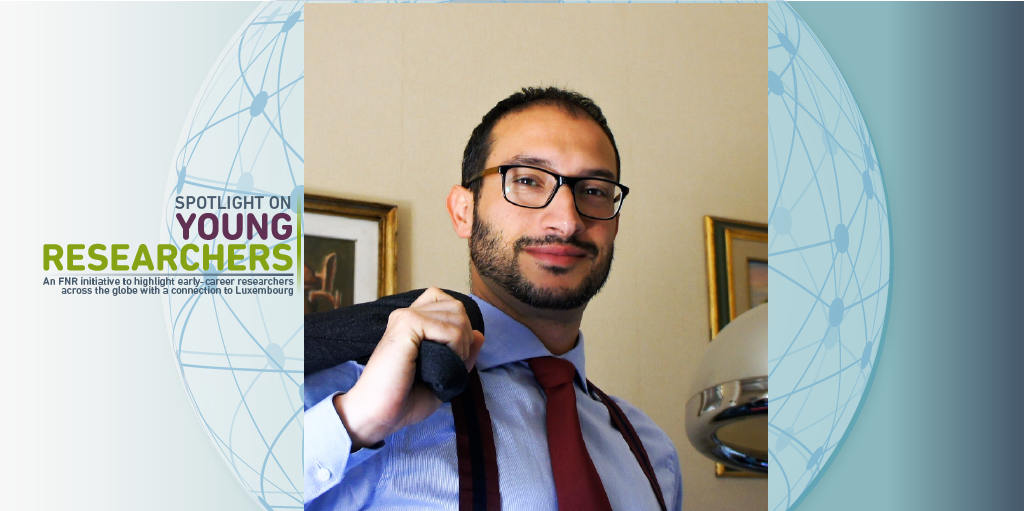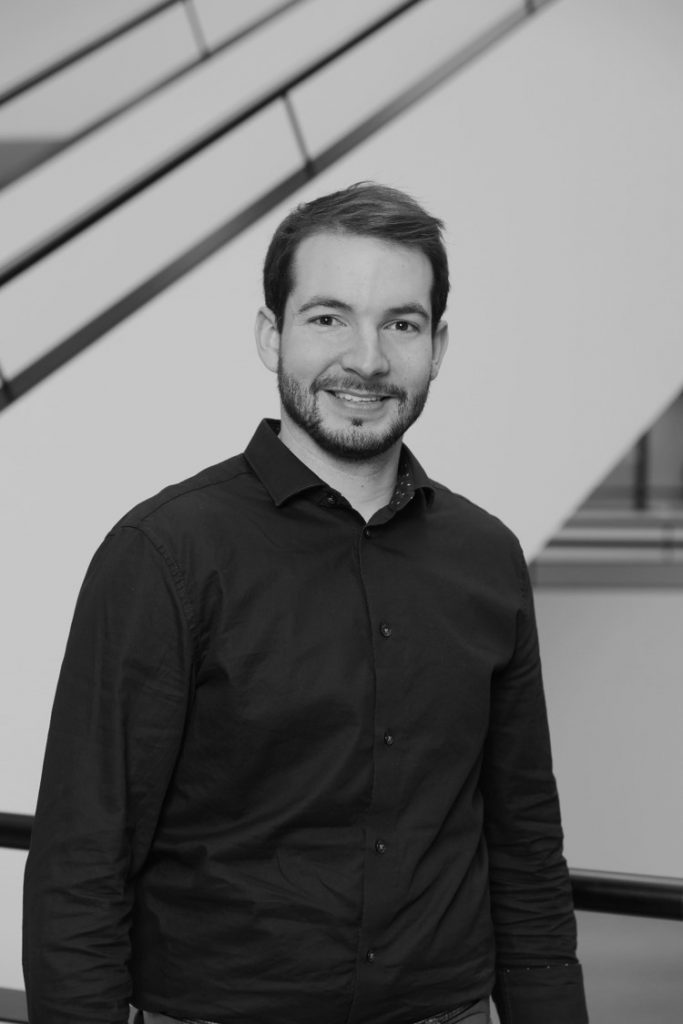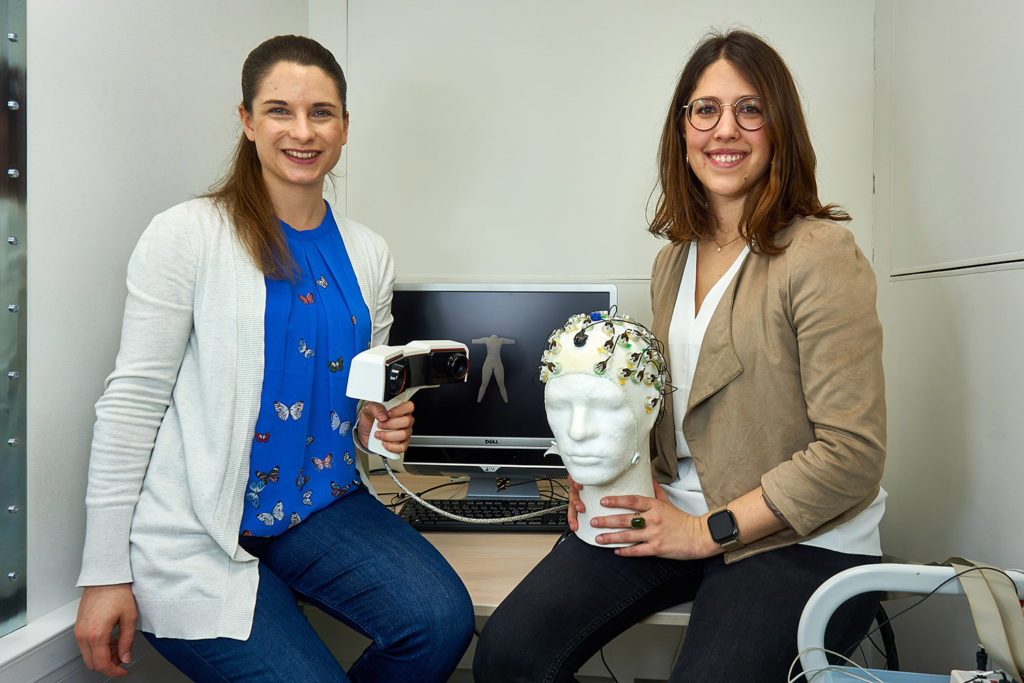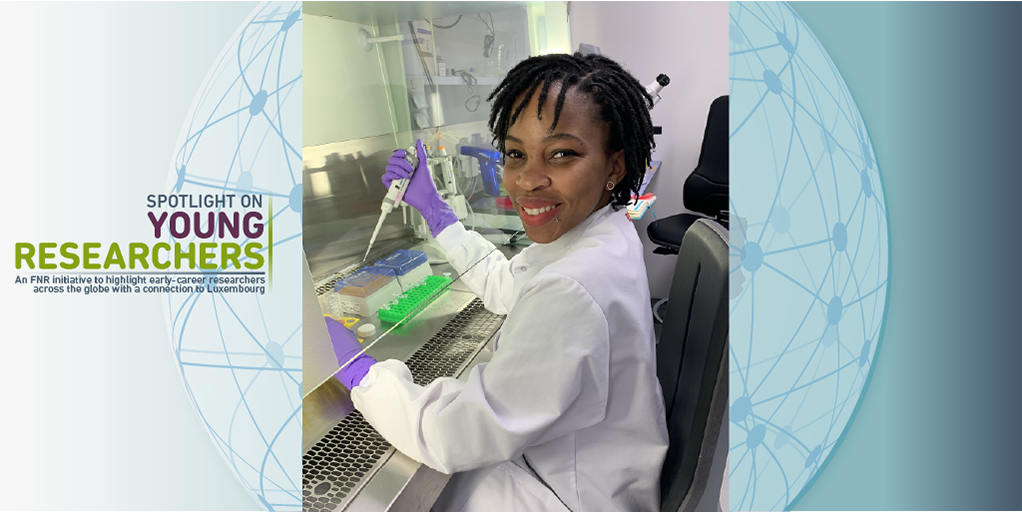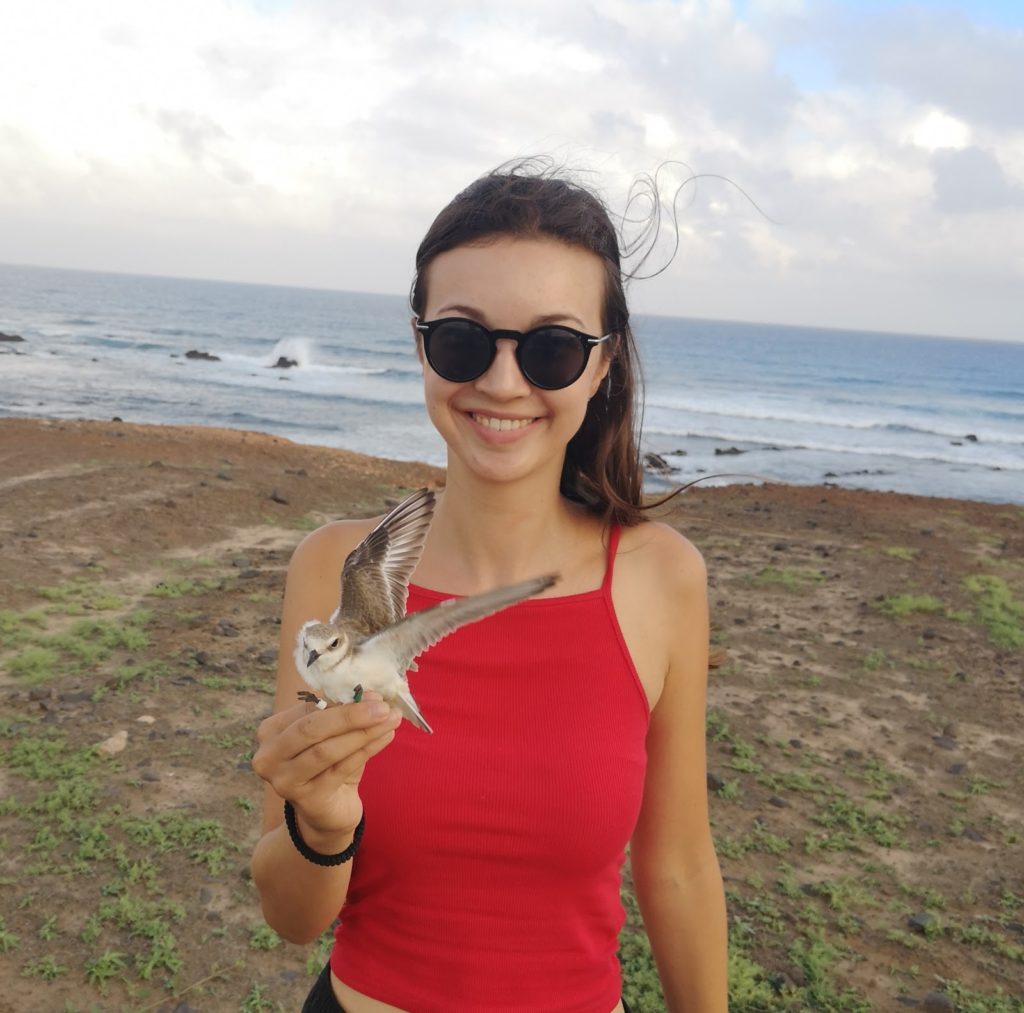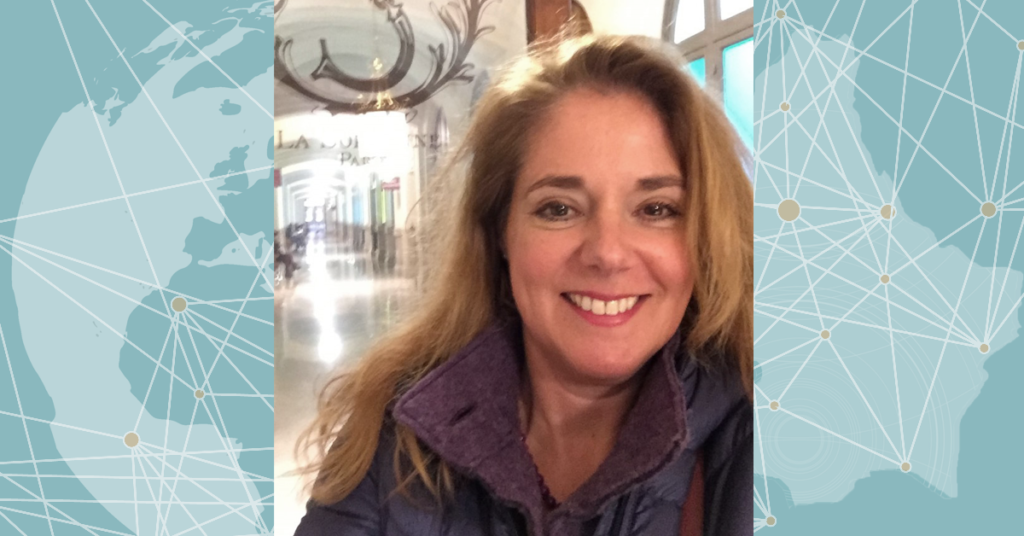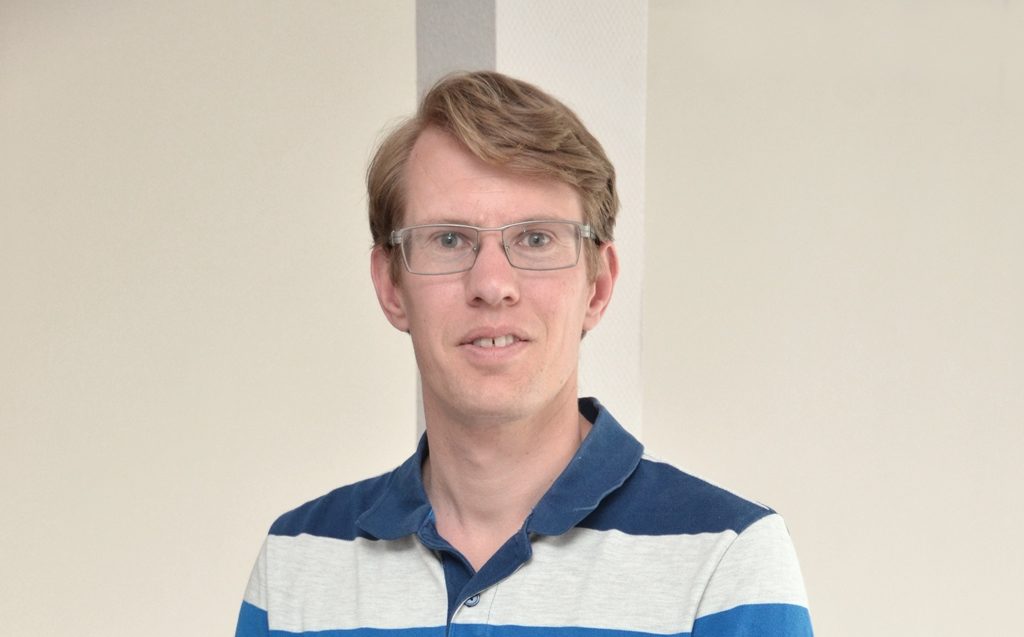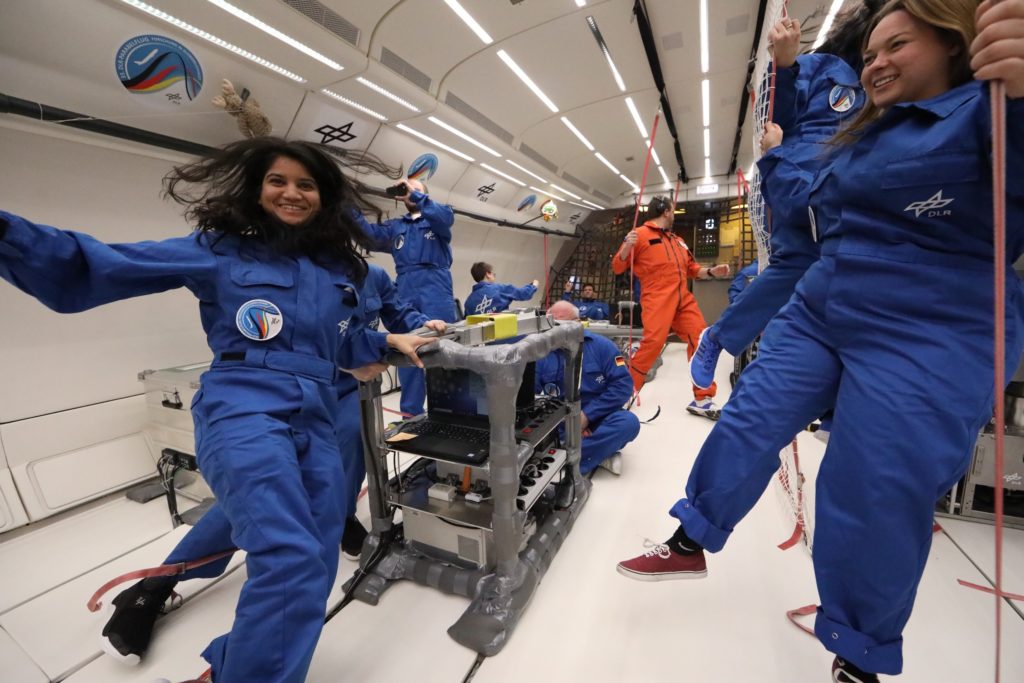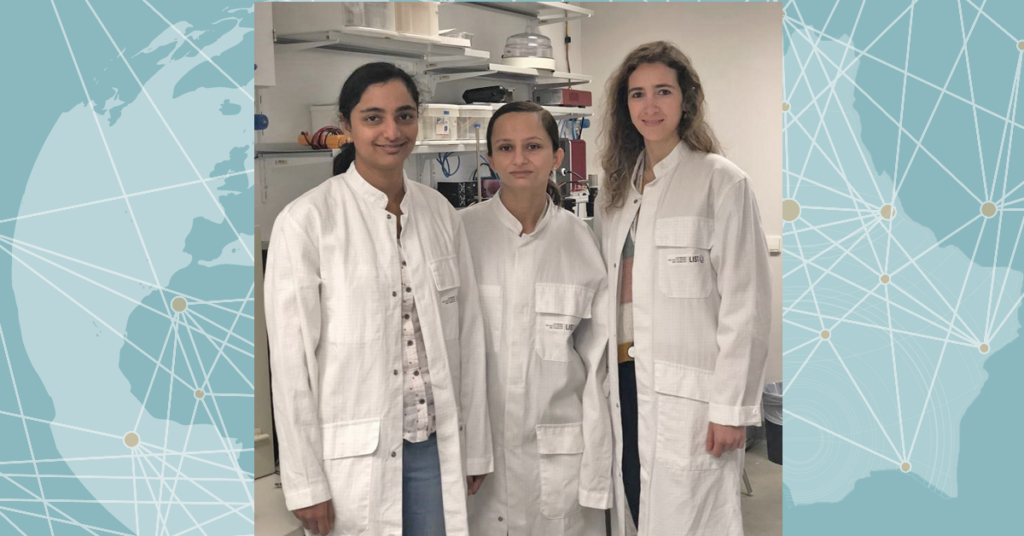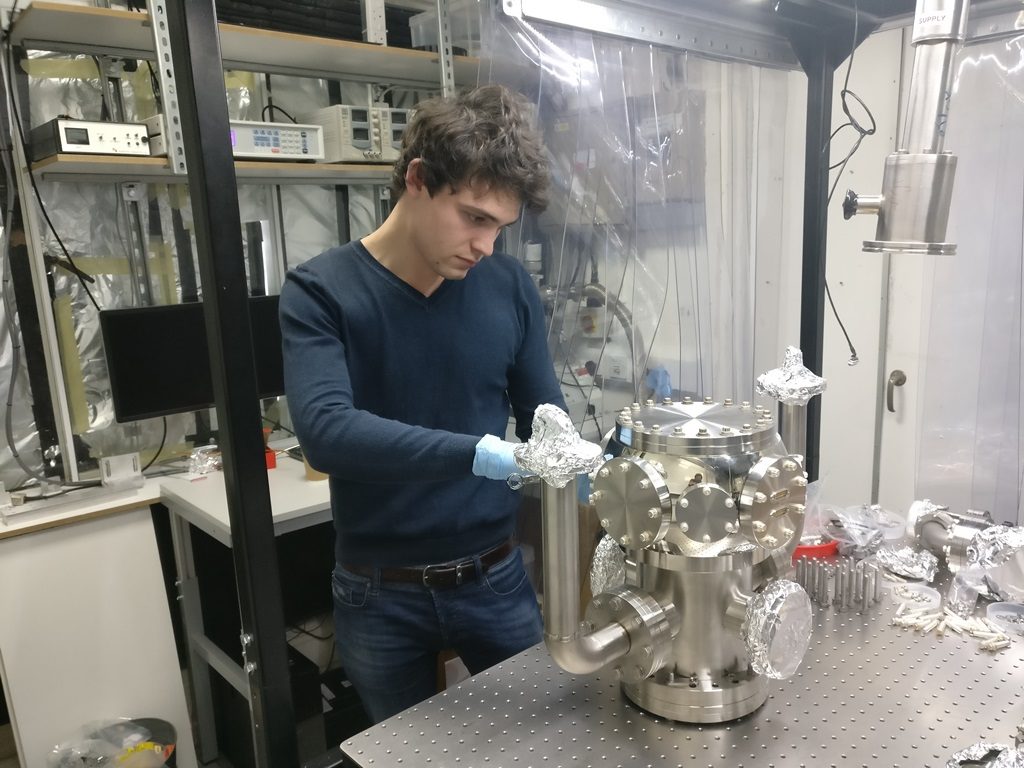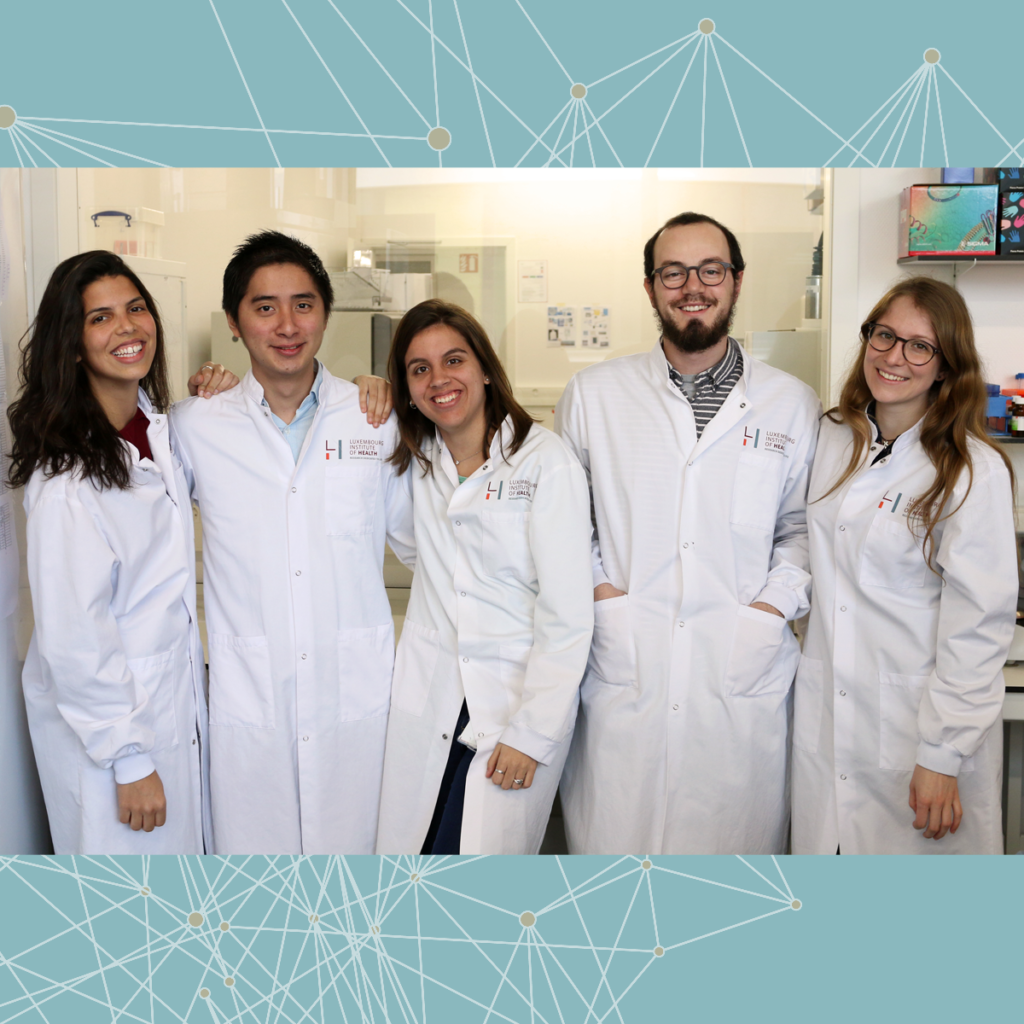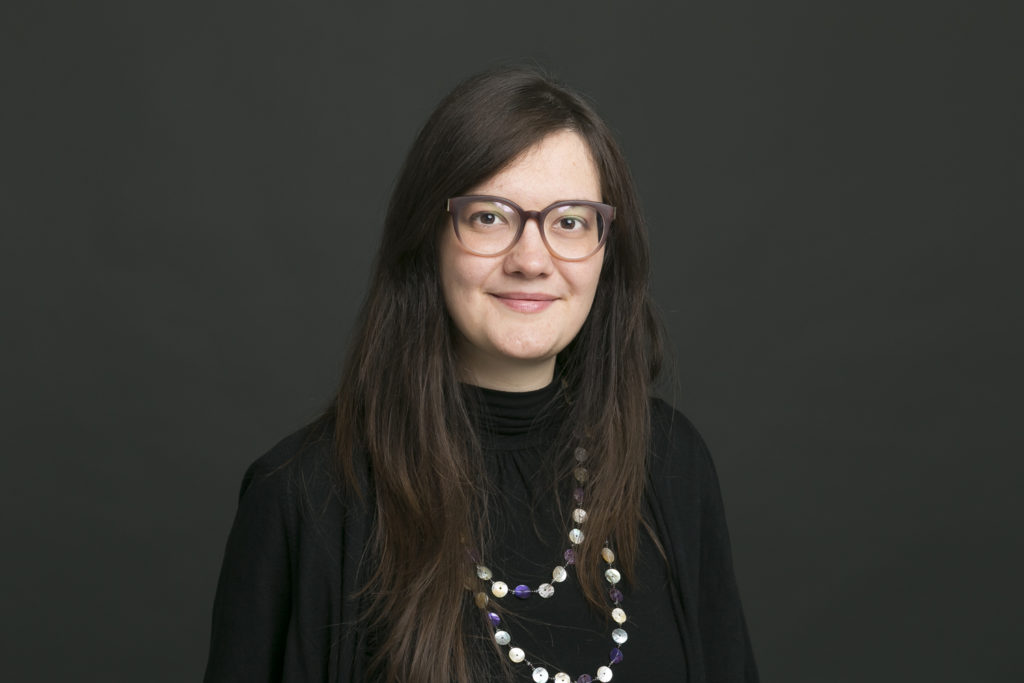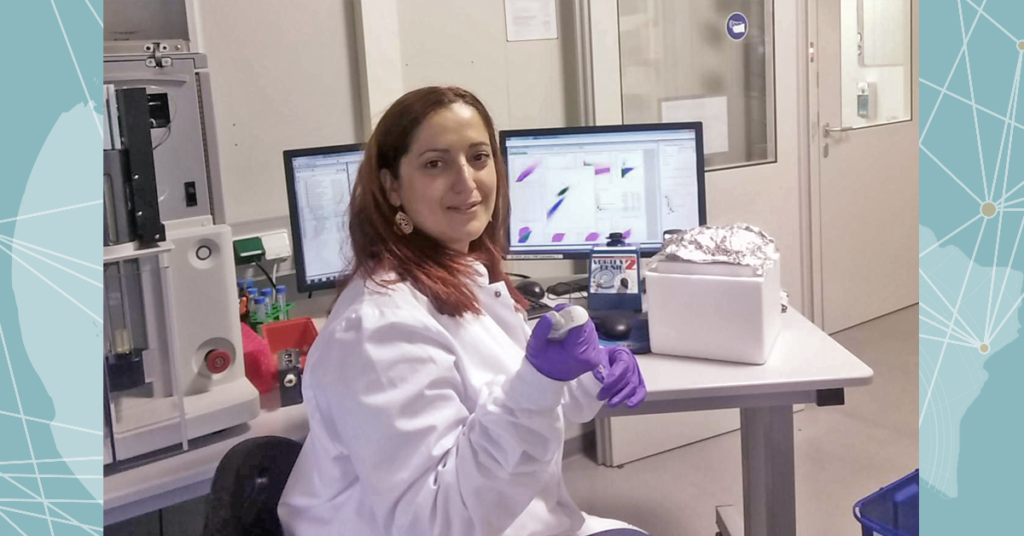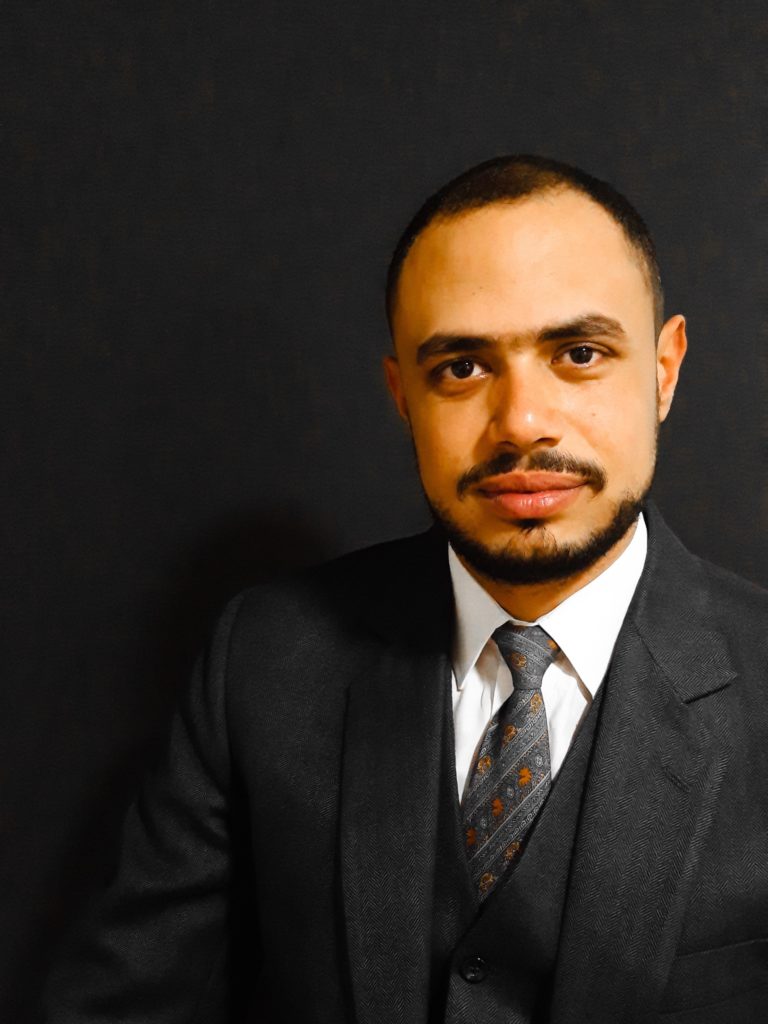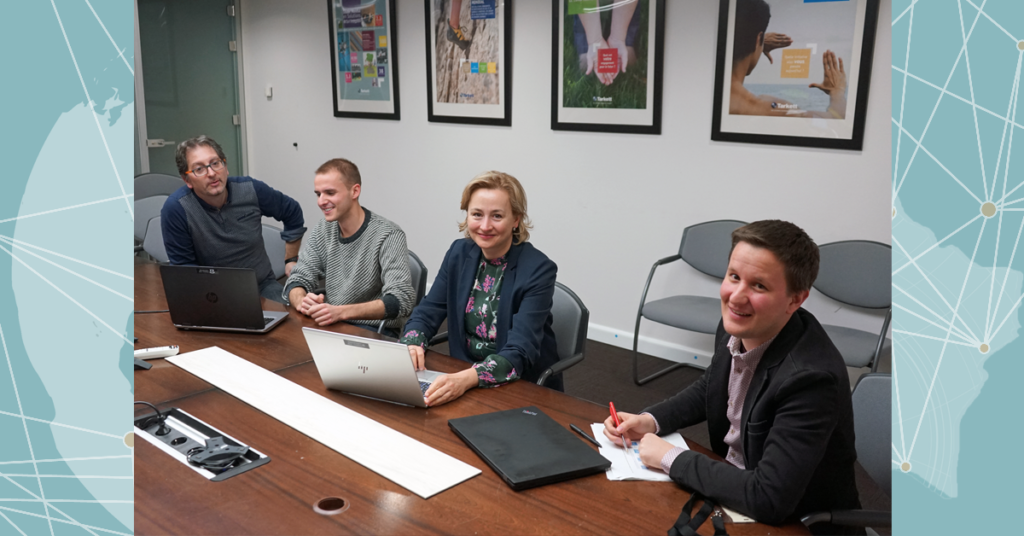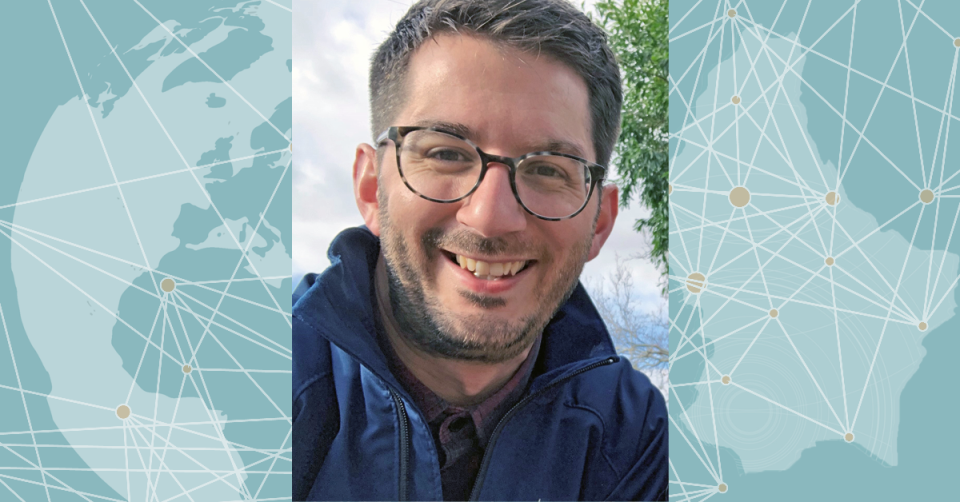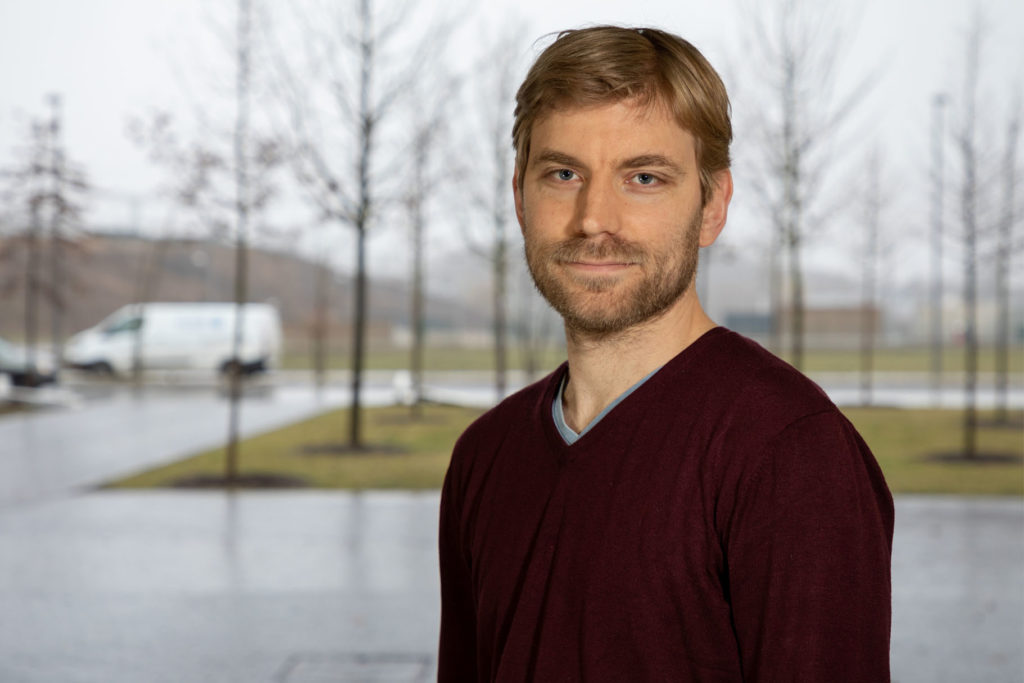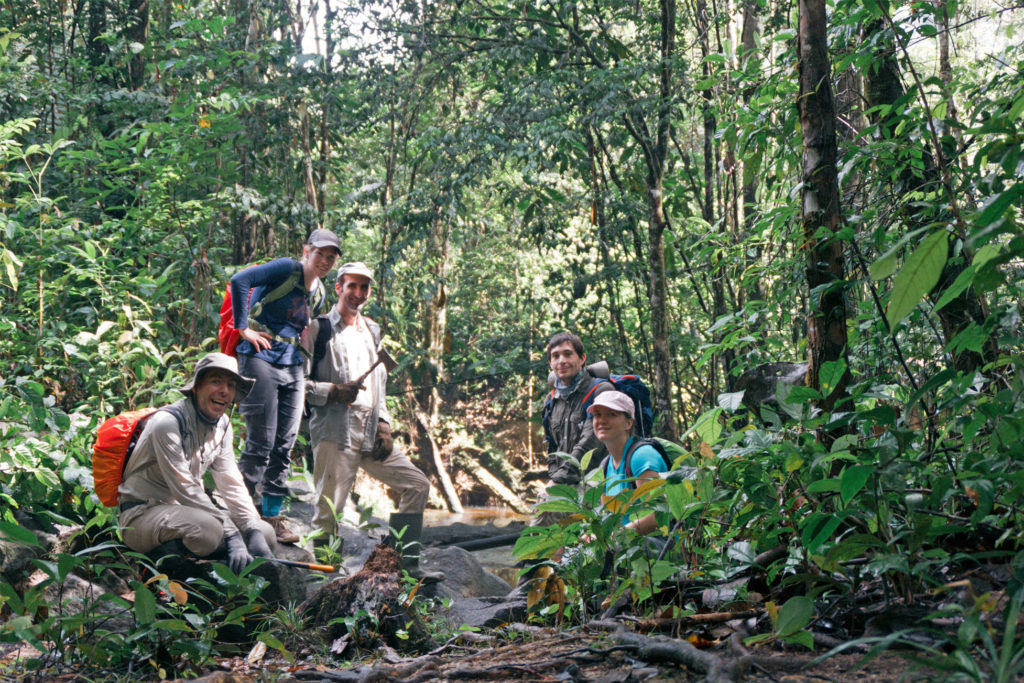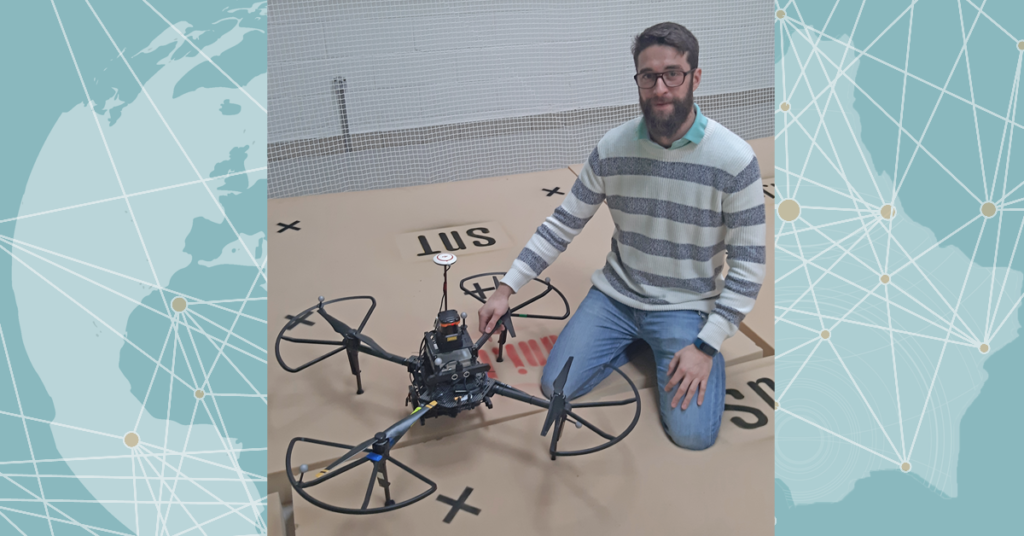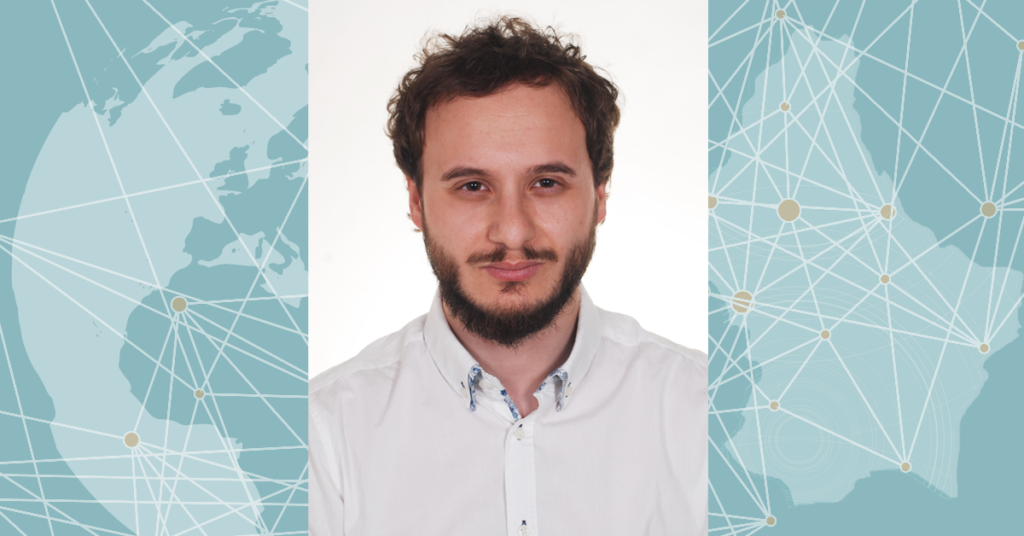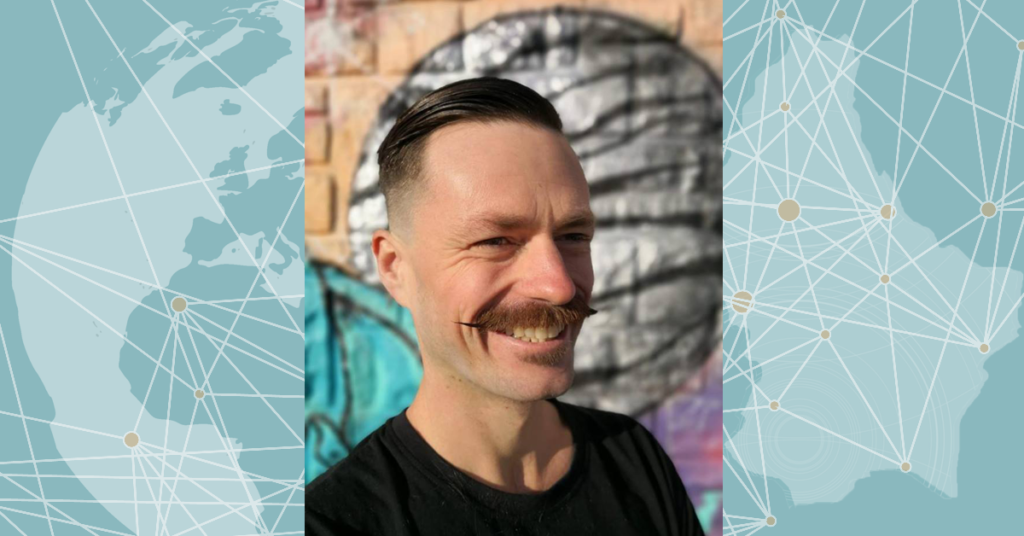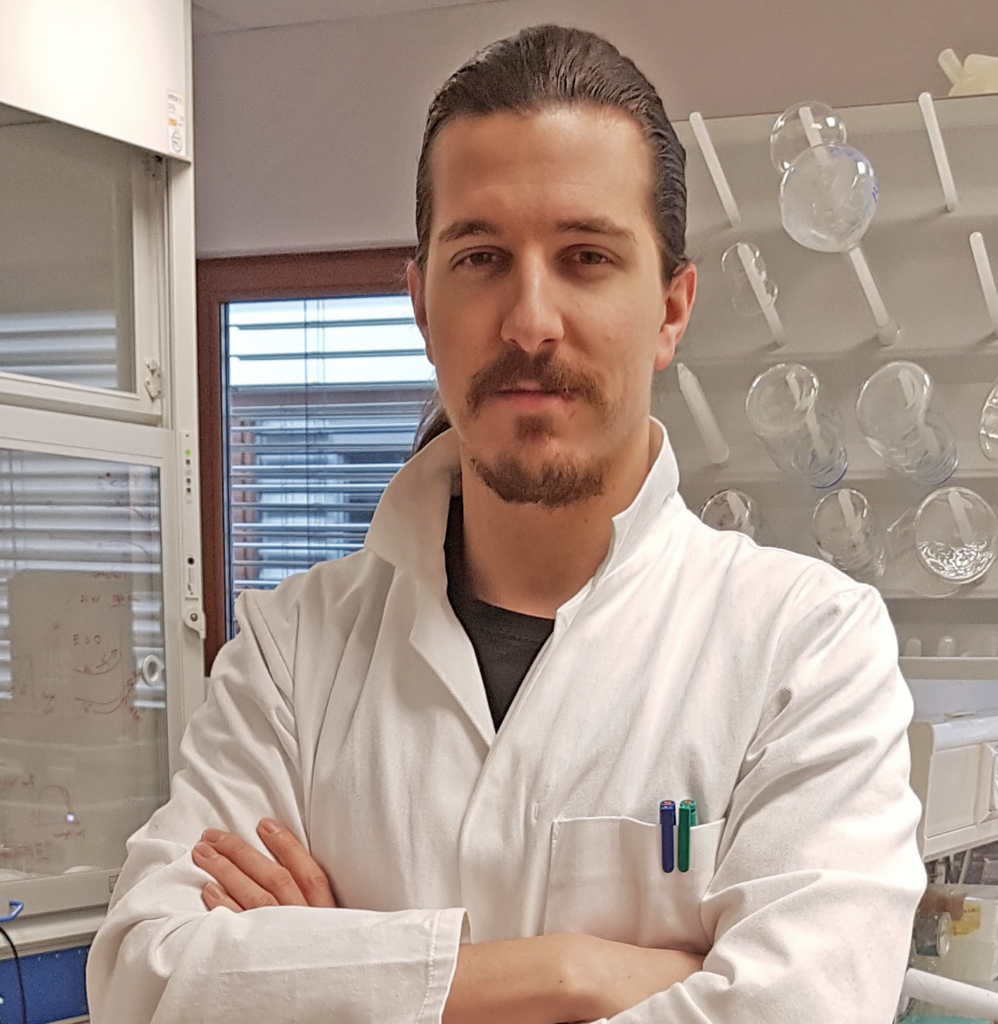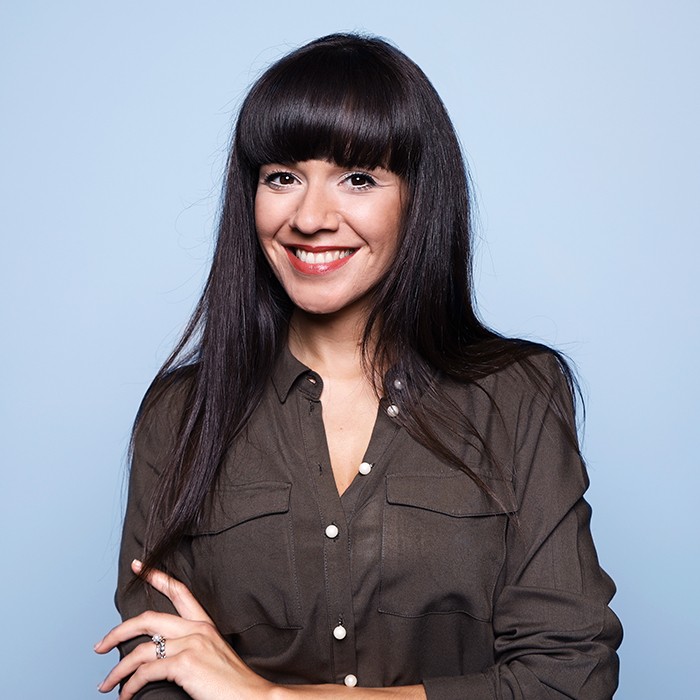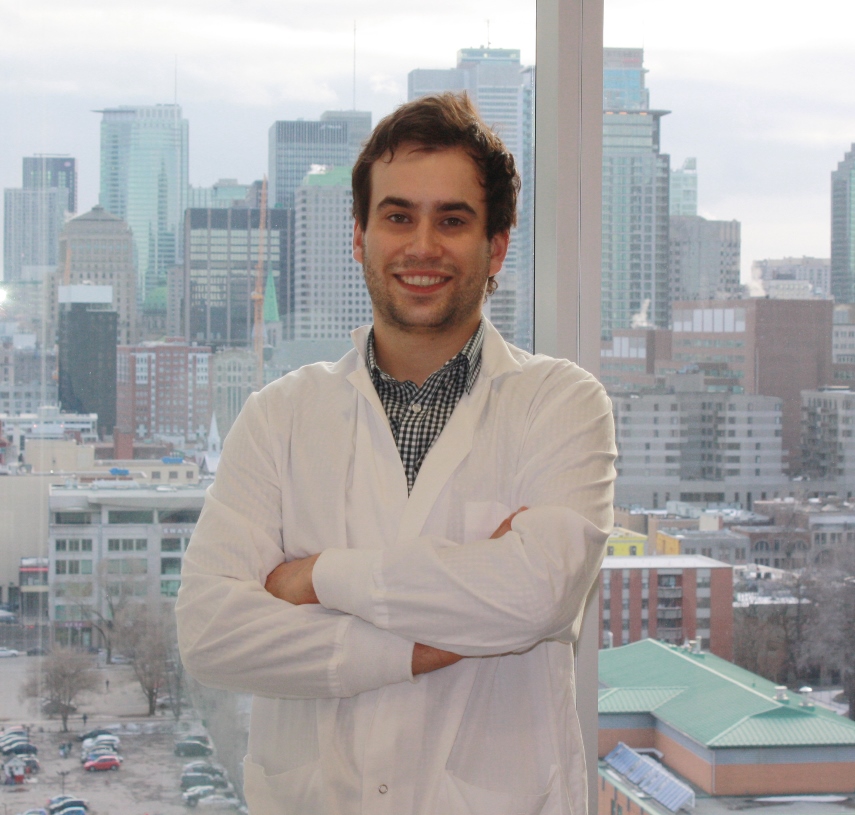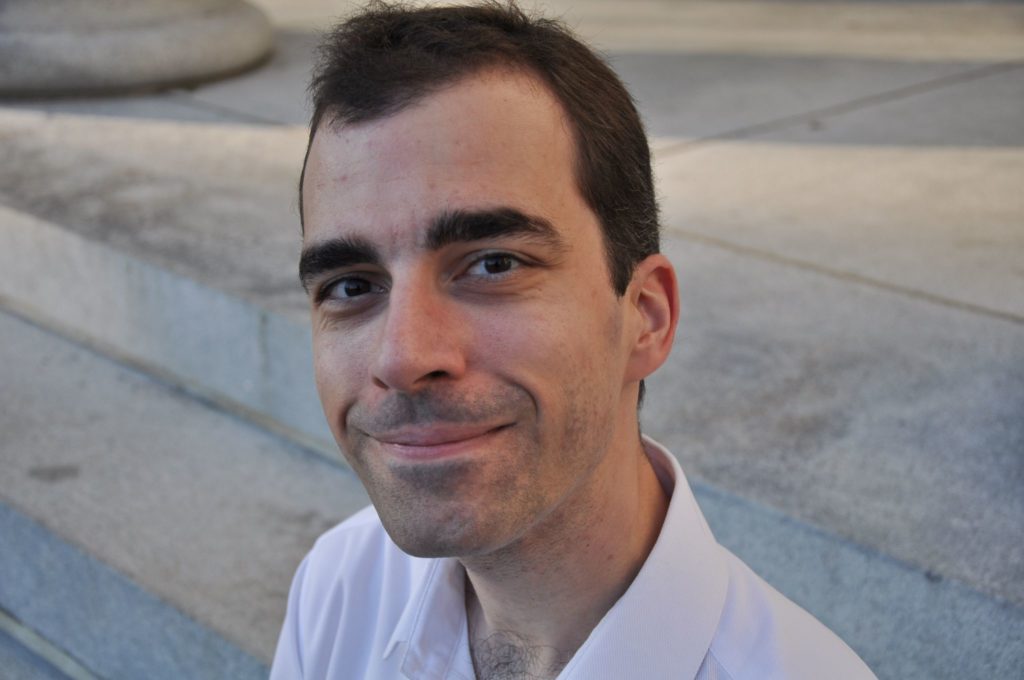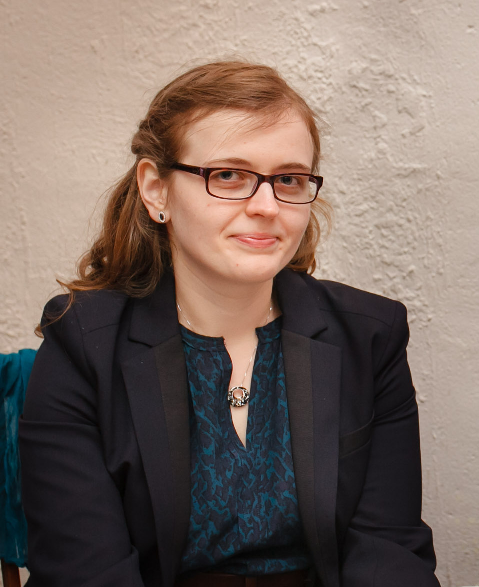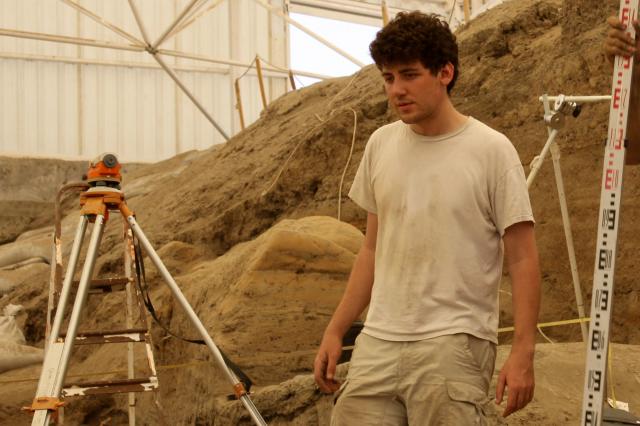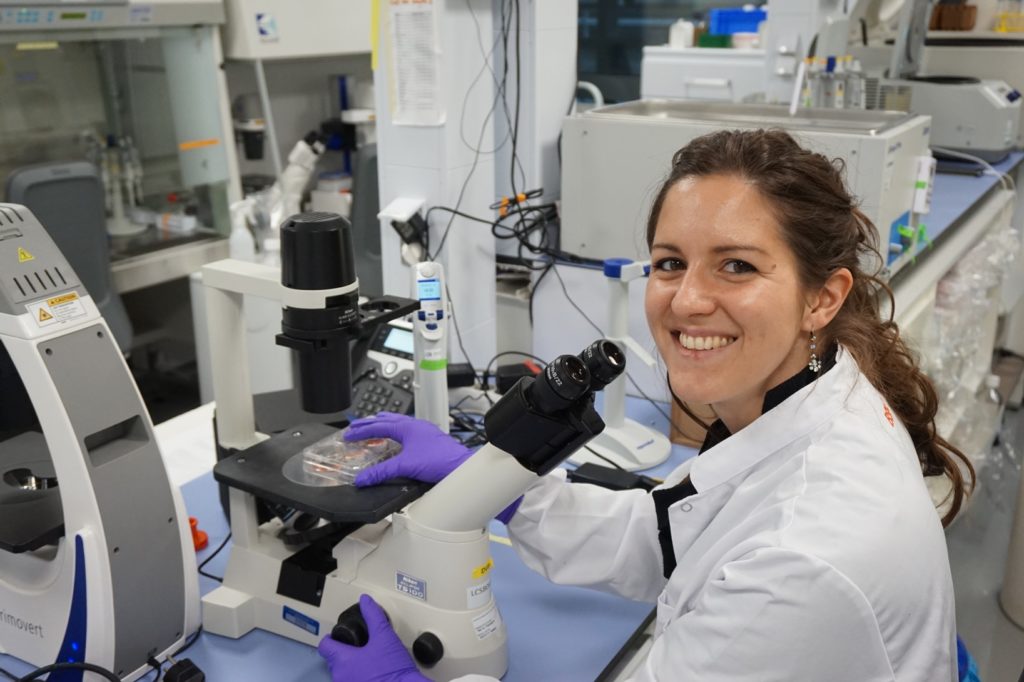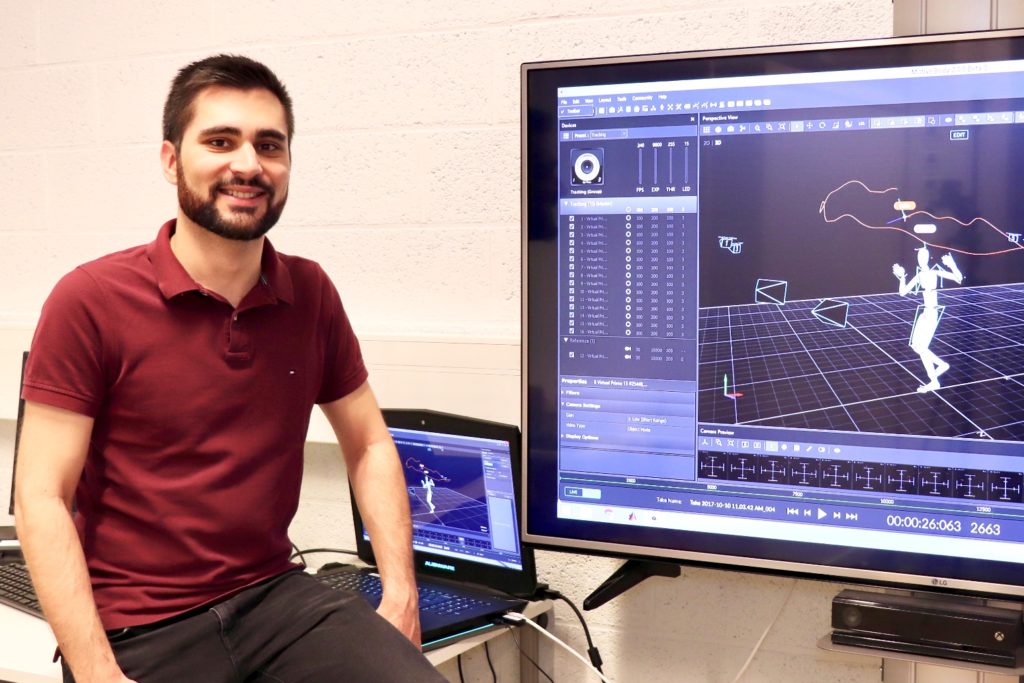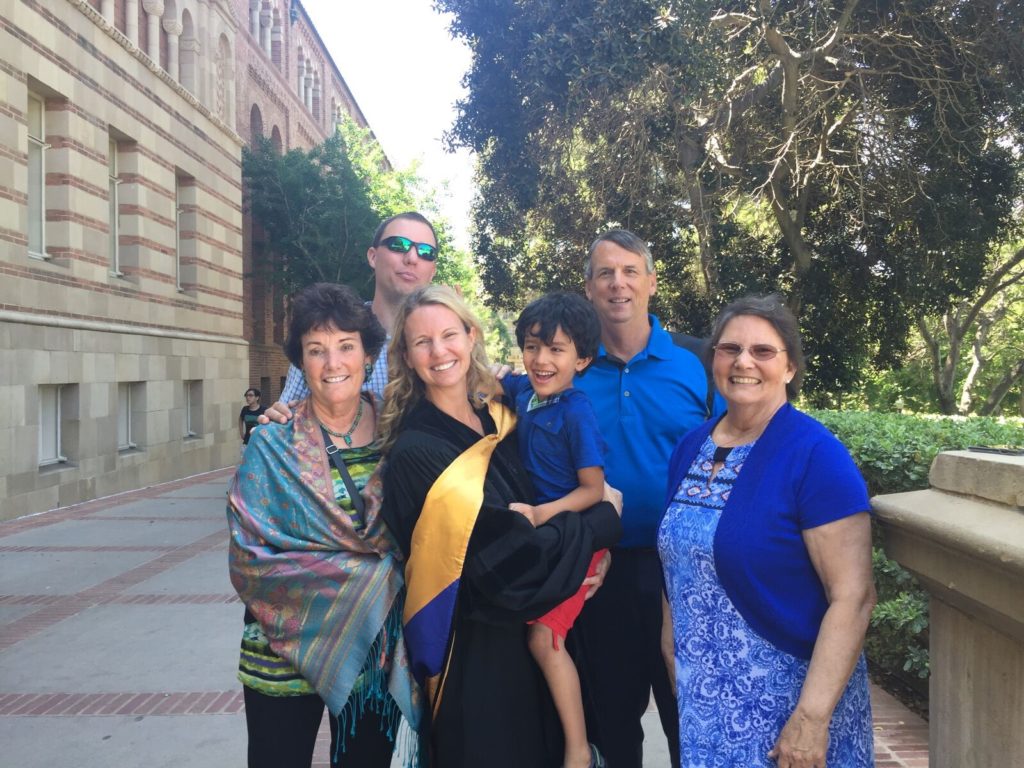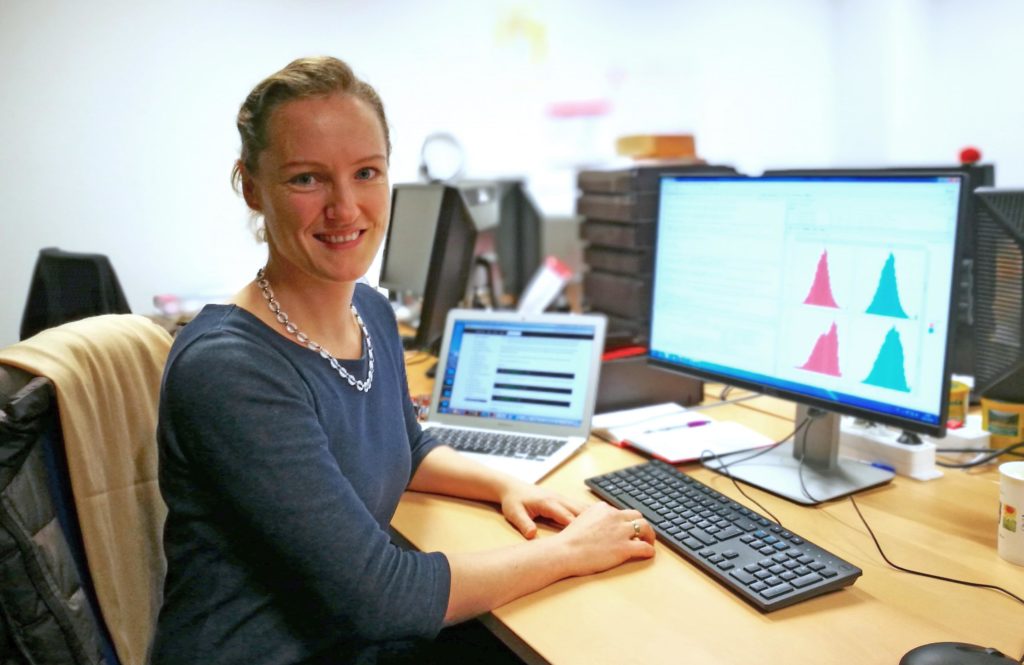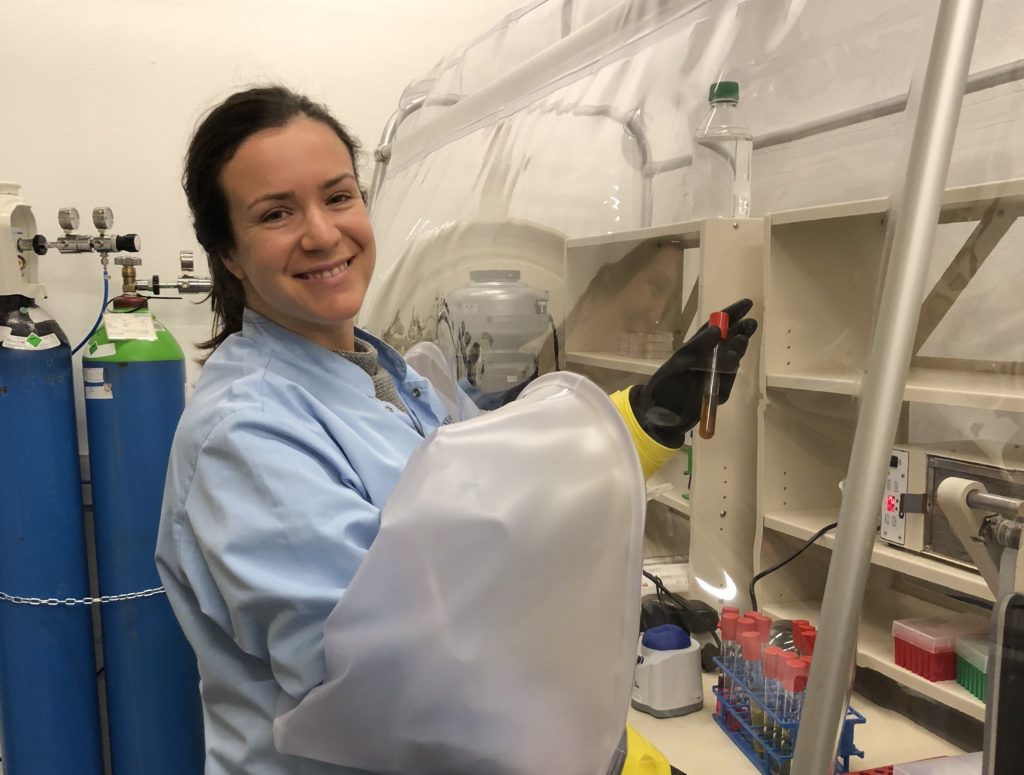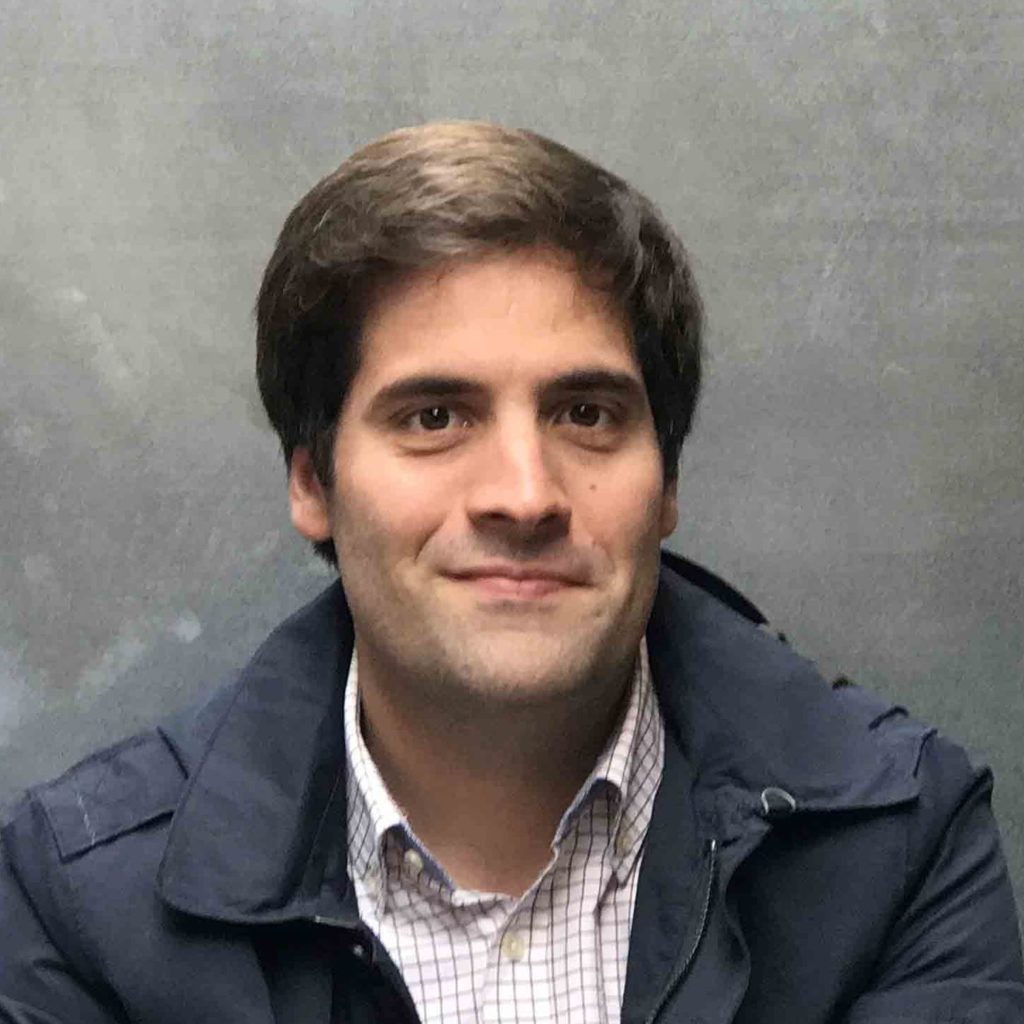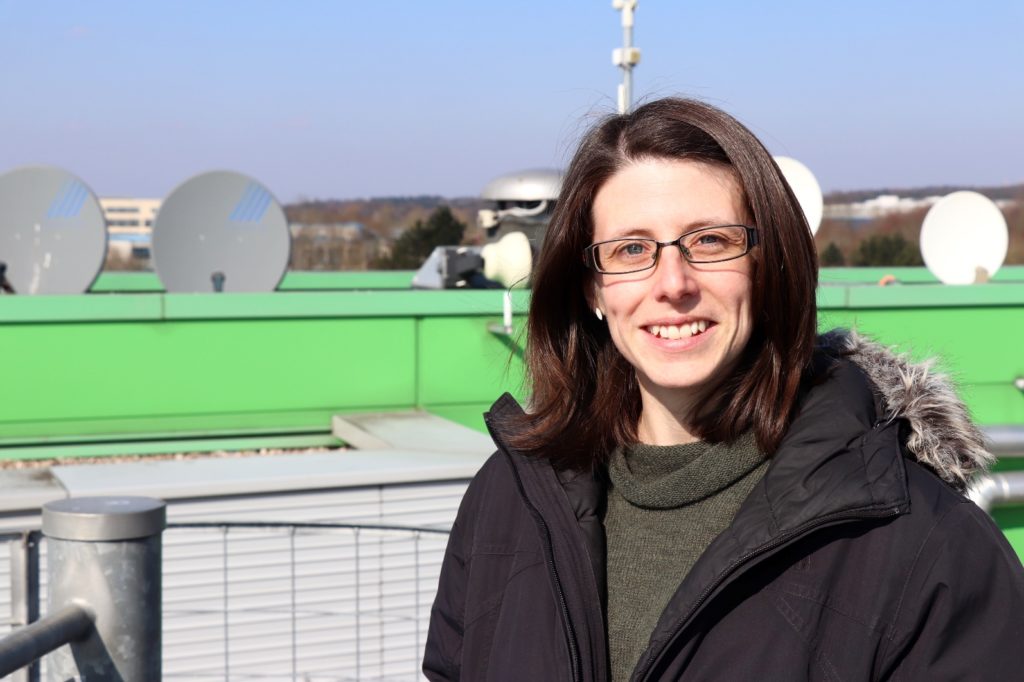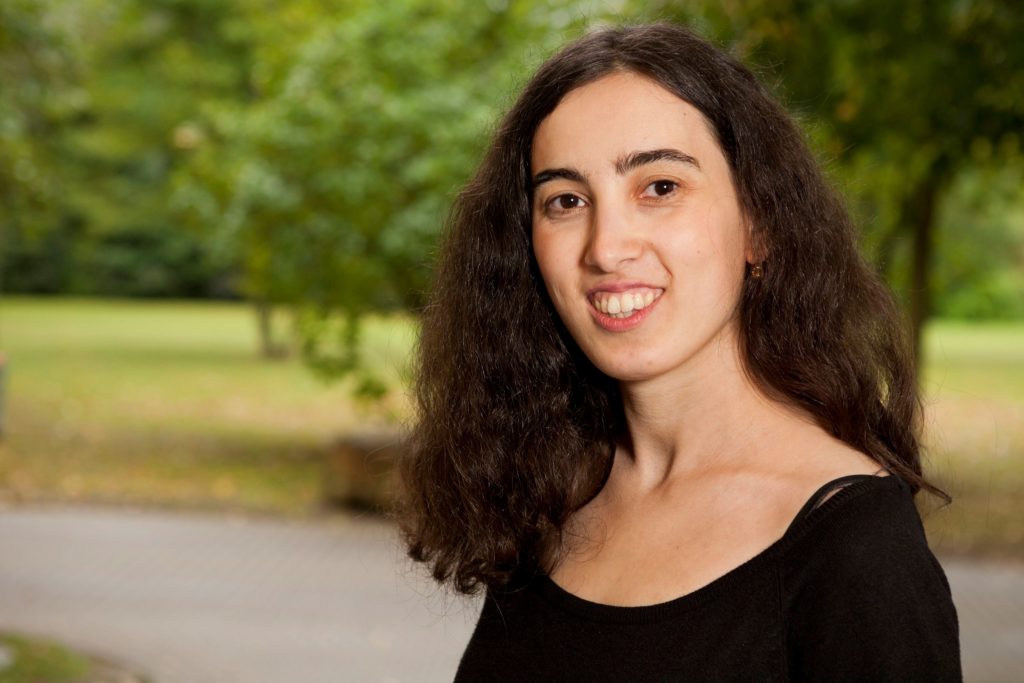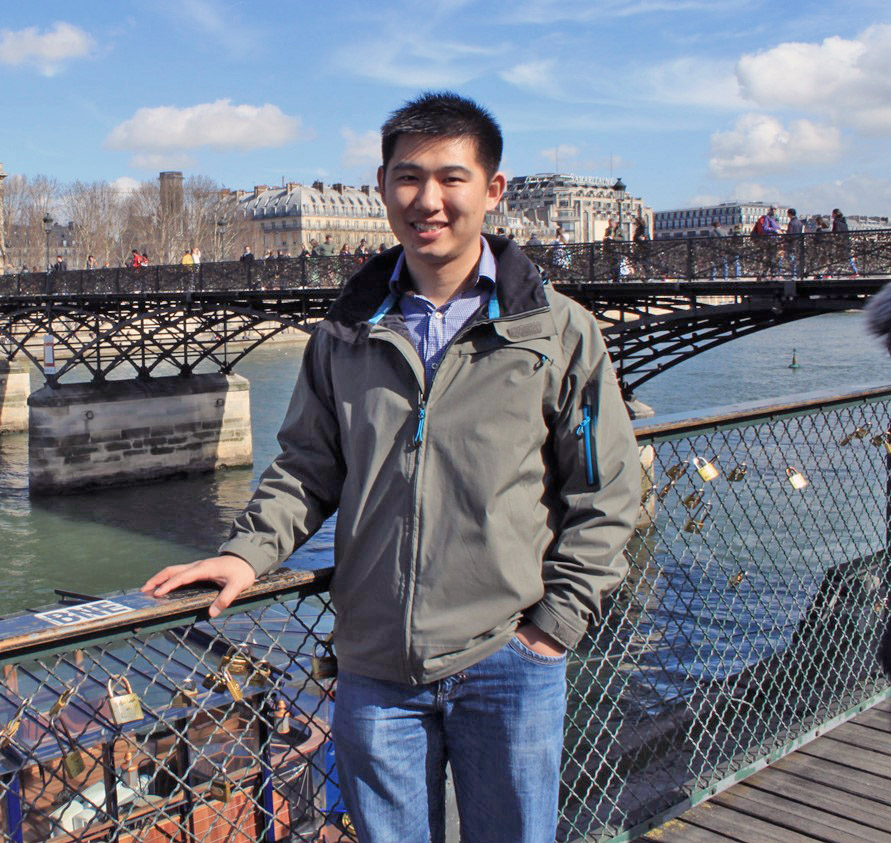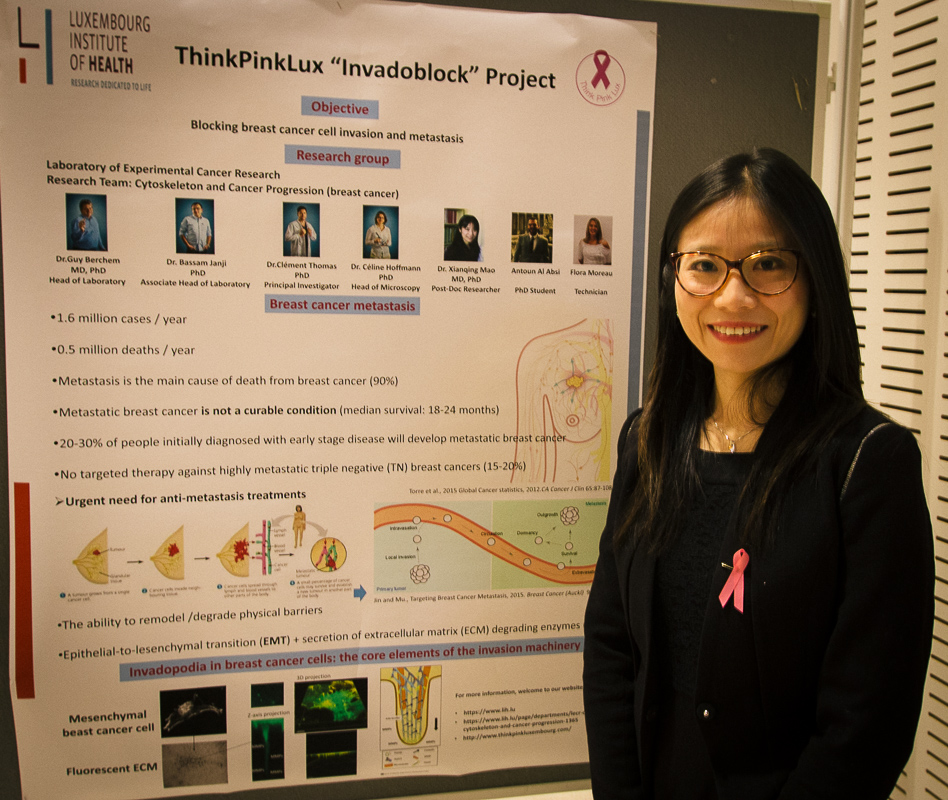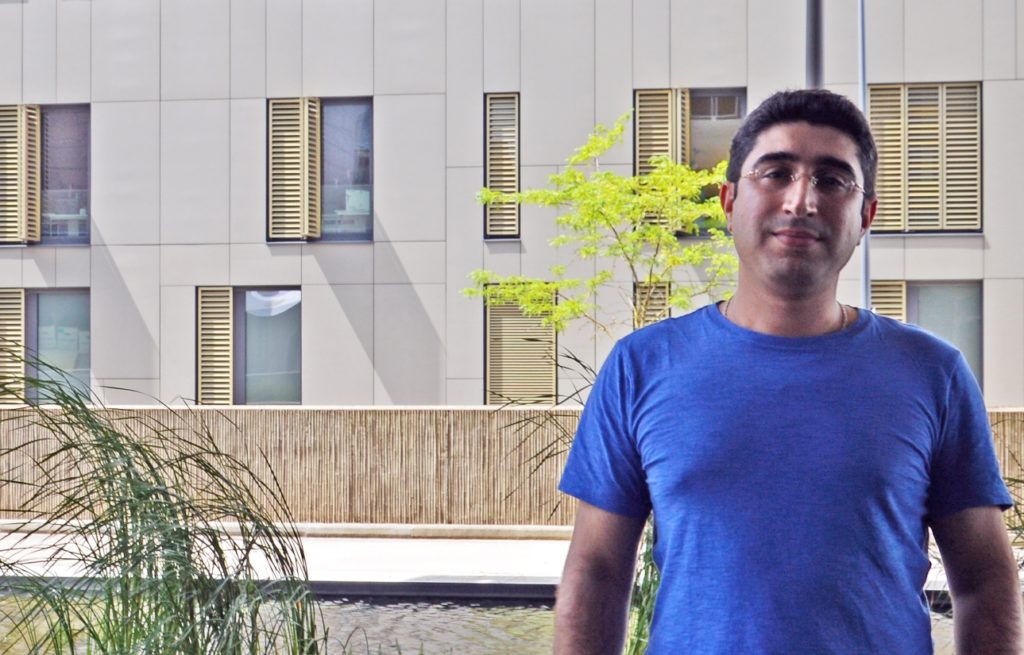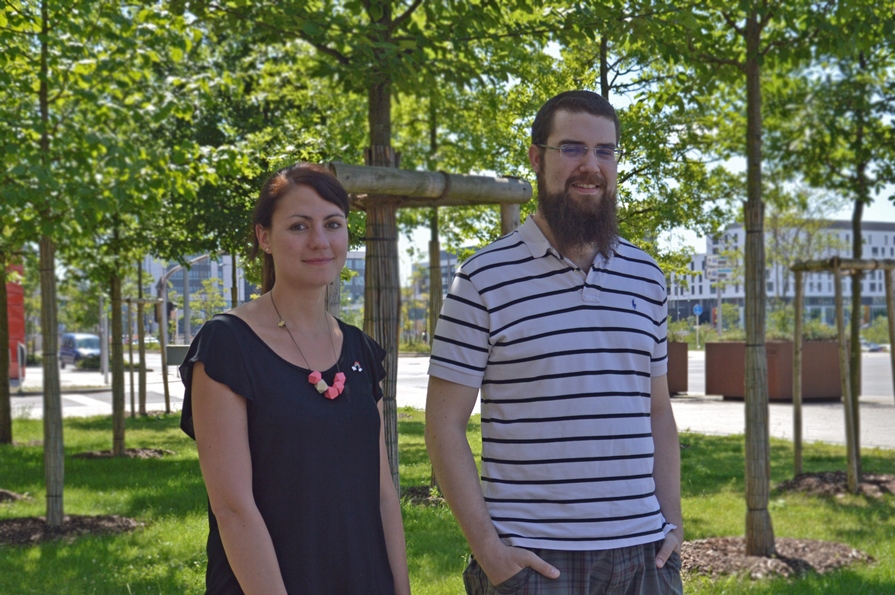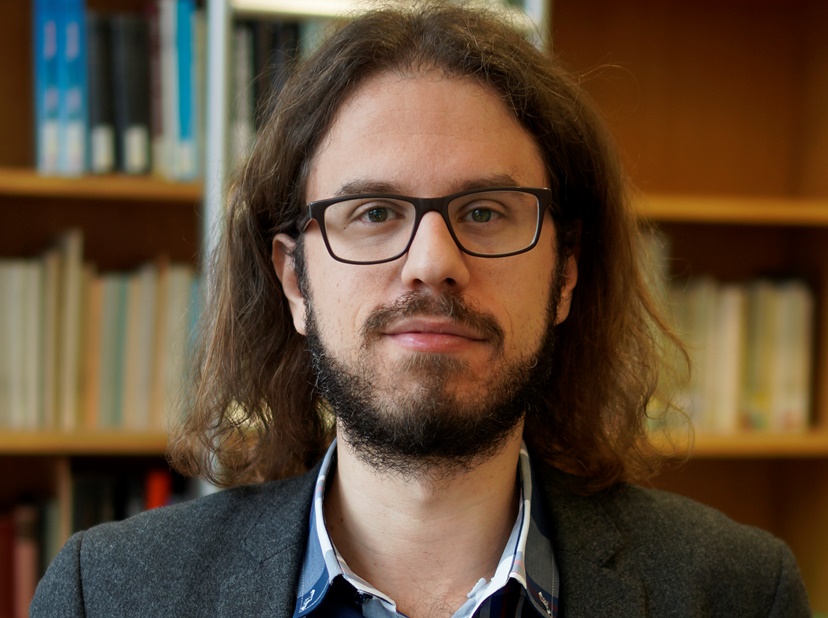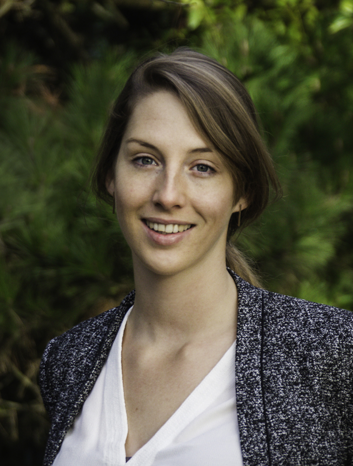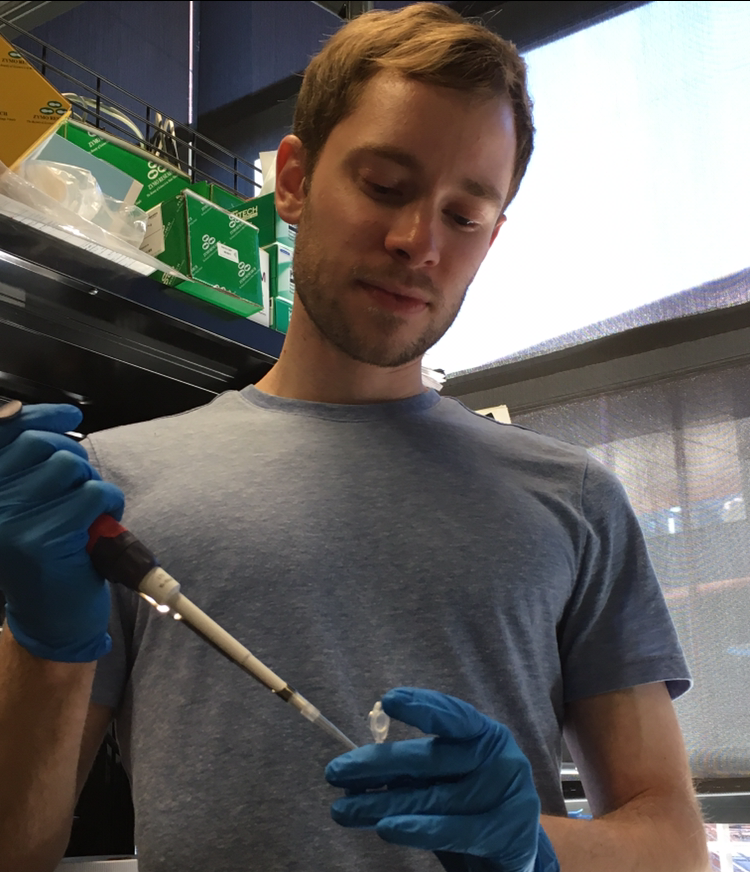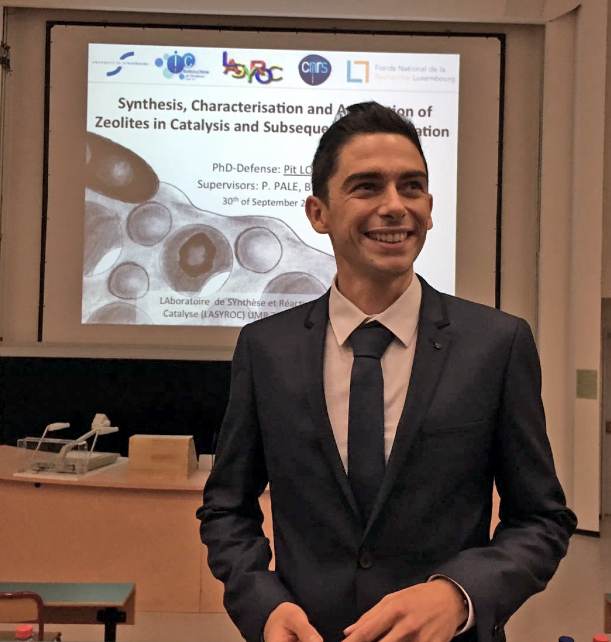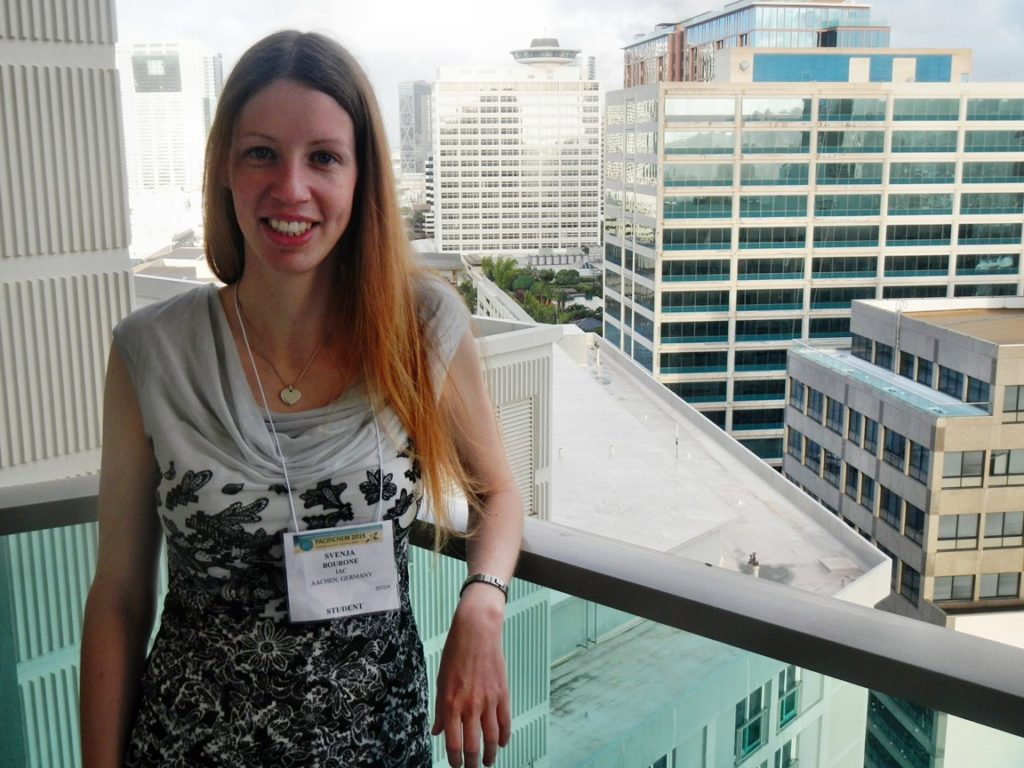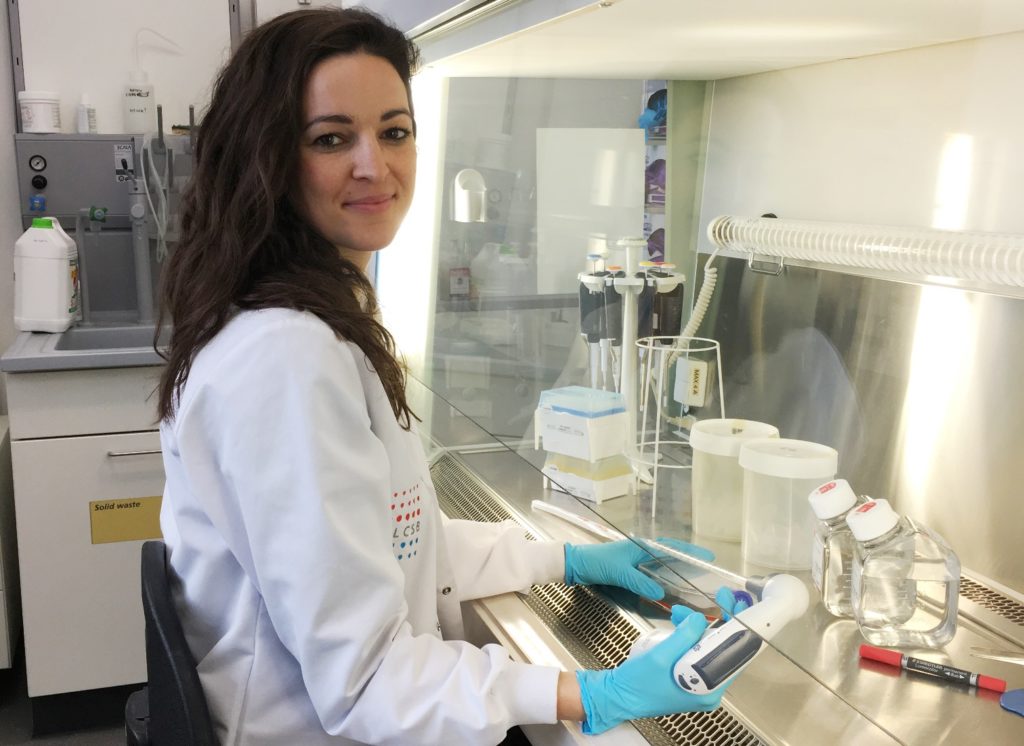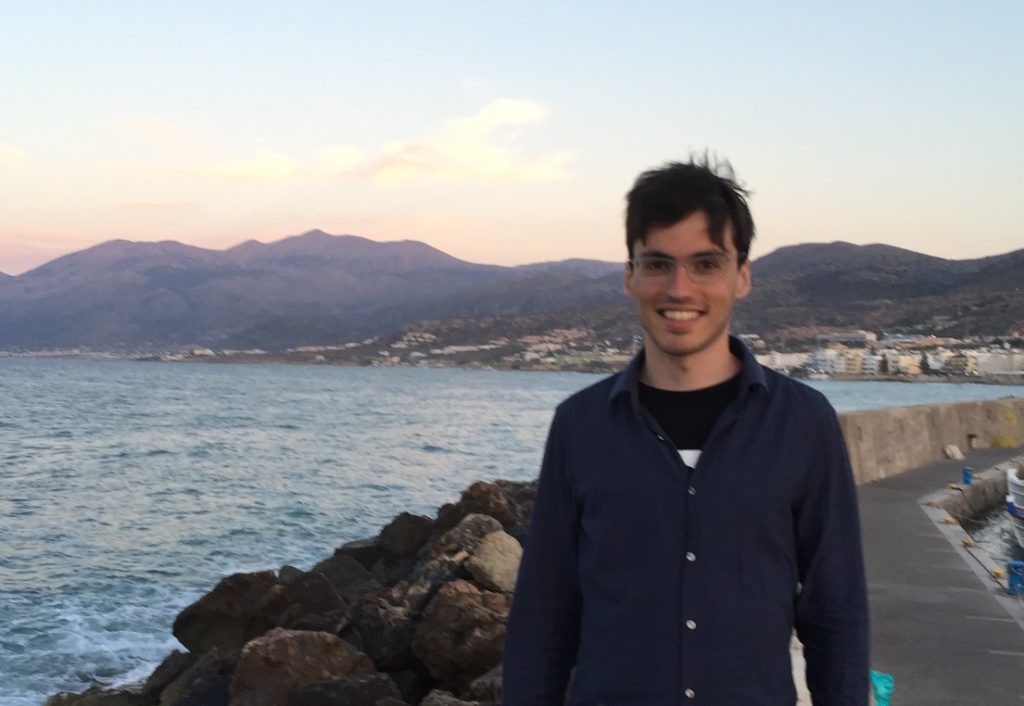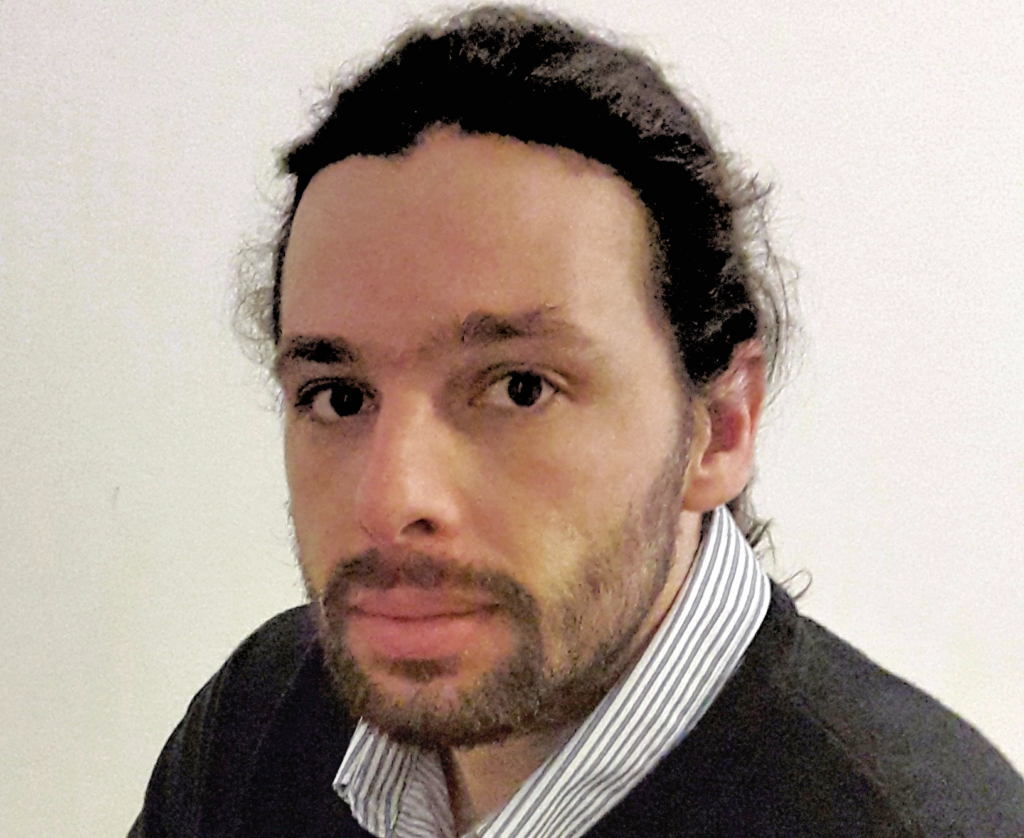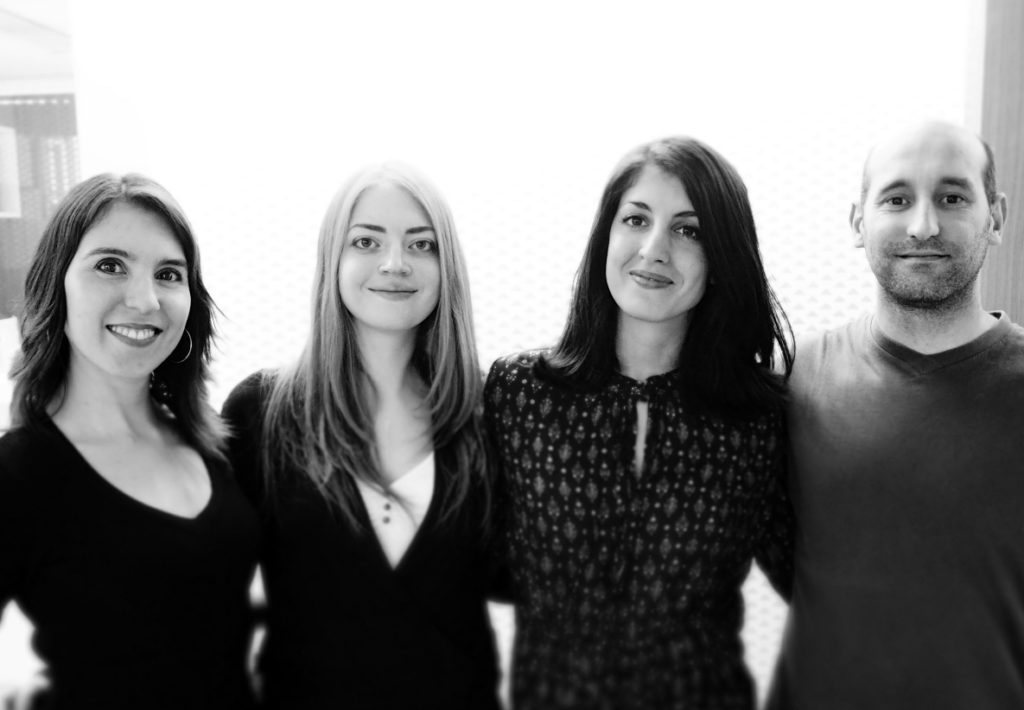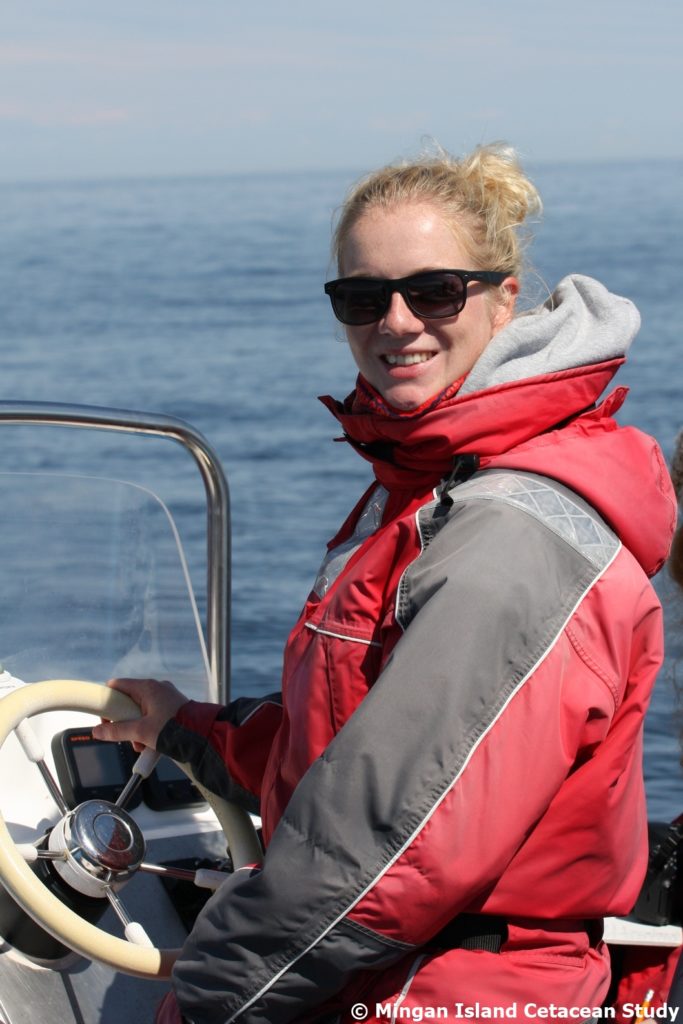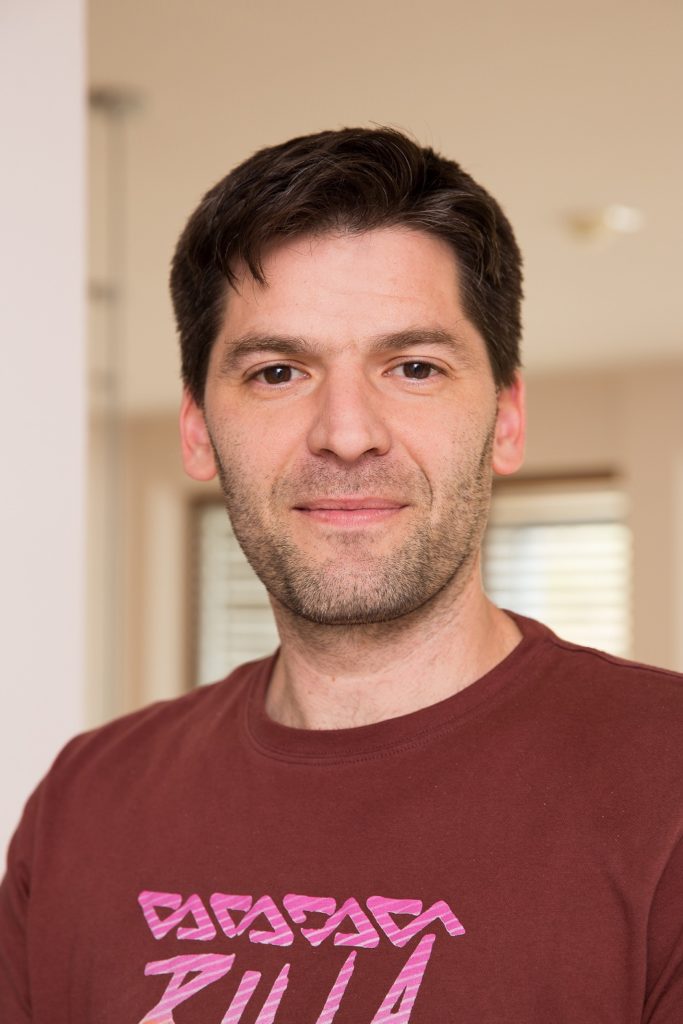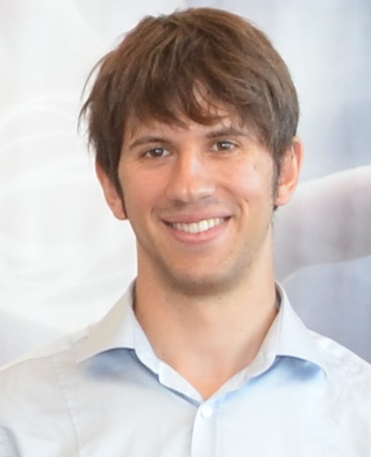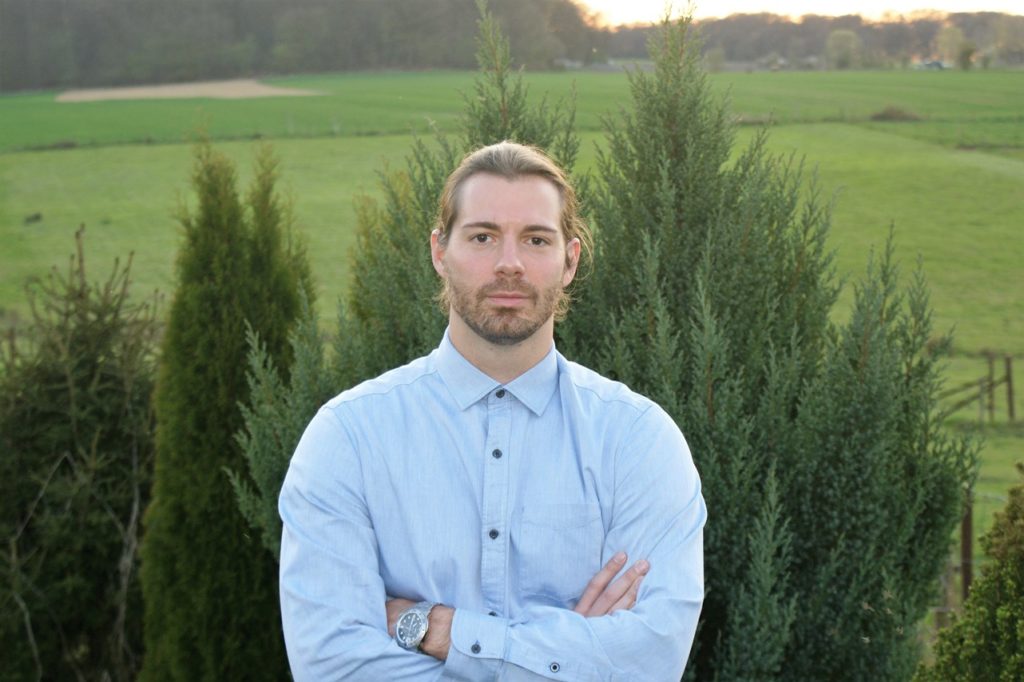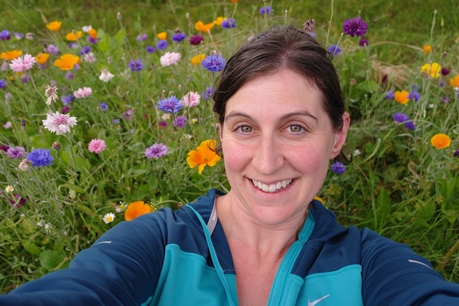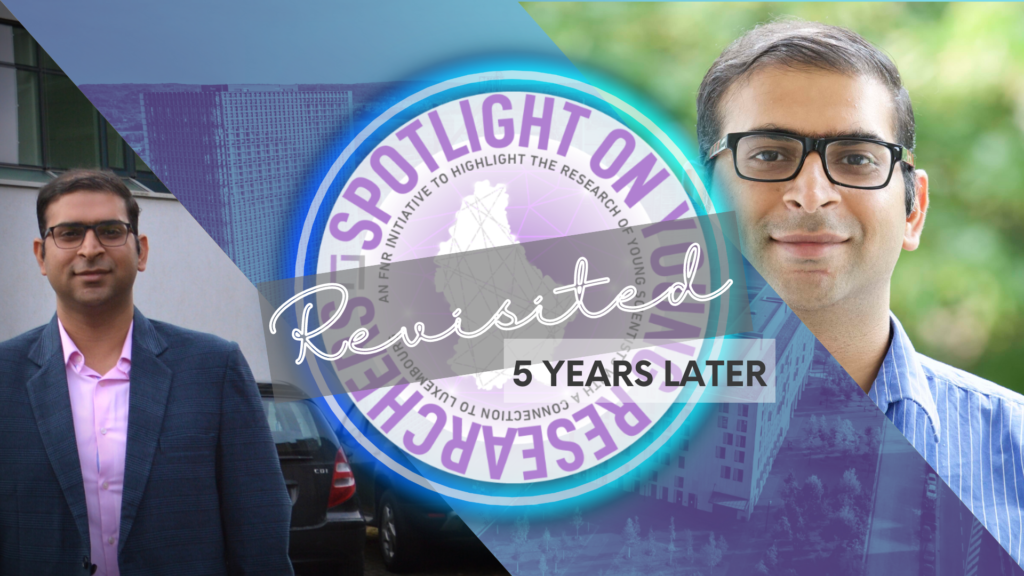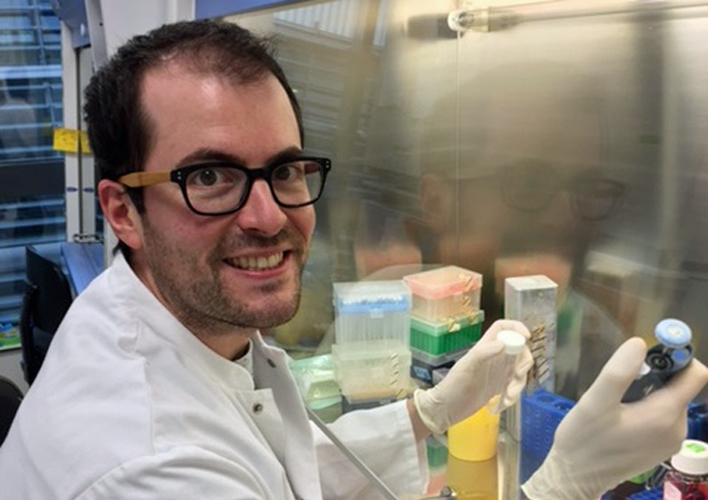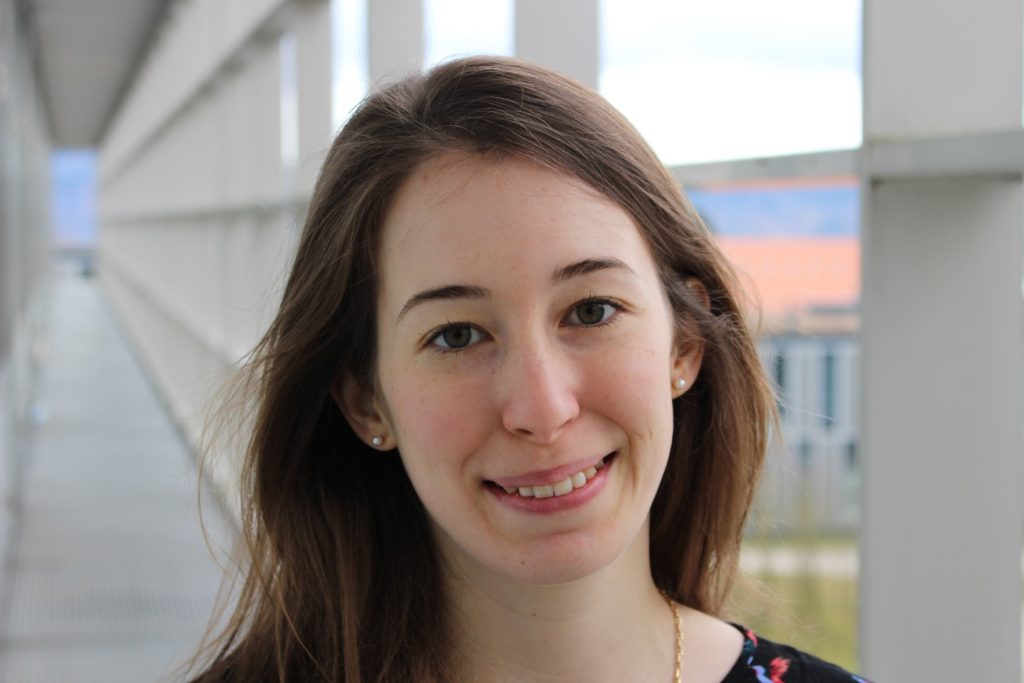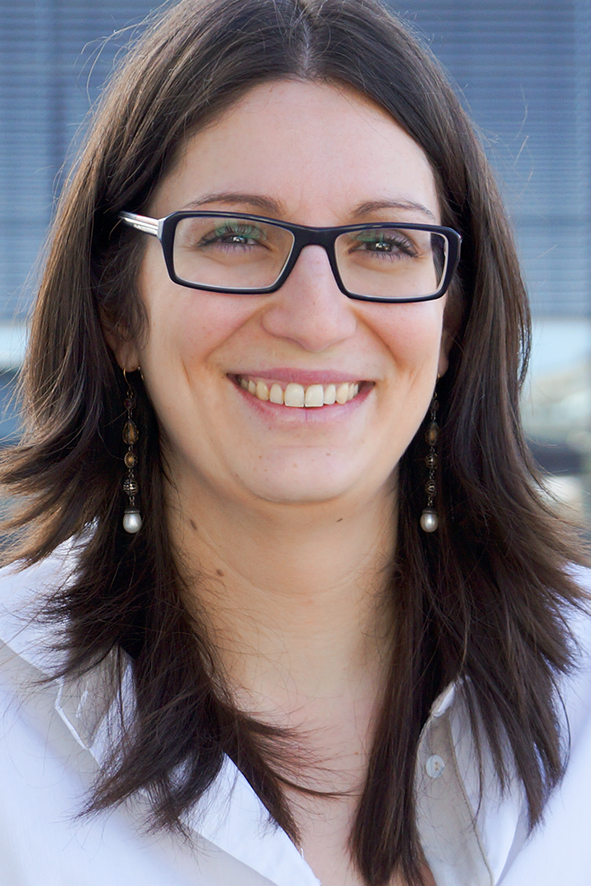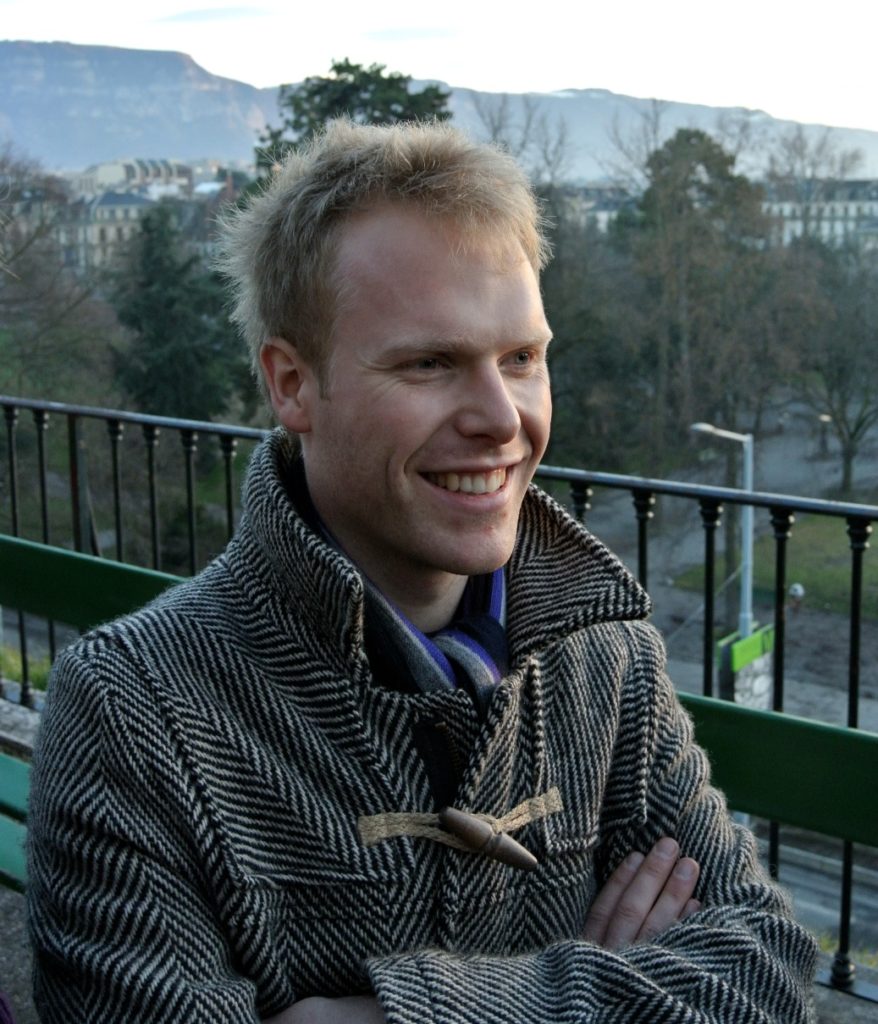Using solar absorbers for collection and storage of heat from the sun is an environmentally friendly way to generate heat, yet only 16% of heating is generated from renewable energy. Material scientists are looking for ways to boost this number by making the solar absorber coatings more efficient.
Solar absorber coatings have been around for decades, used extensively in advanced collector designs. They are mainly used in water heating systems in residential buildings – the issue: while heating and hot water accounts for 79% of the total energy use in EU households, only 16% of heating is generated from renewable energy sources.
A major focus for scientists in the field is improving the efficiency of the solar absorber coatings, as well as pushing their operating temperatures higher.
Scientists worldwide have already made progress in improving efficiency: the coatings can now absorb 95.45% of the solar energy that hits it, and working temperature has been increased to 750°C.
Intense fabrication techniques
“Real-life applications of absorber coatings have been impeded by their intense fabrication techniques however, researchers globally have remarkably been able to discover easy and scalable fabrication techniques leading to large-scale production of these absorbers, with same efficiency and operating temperatures,” explains physicist & materials scientist Nikhar Khanna, adding that there is still a vast room for improvement.
“Scientists are now working on the stability of solar absorbing layers at elevated temperatures. For best performance, it is important that the operating temperature of these absorbers is increased to 1000° C or higher where the coatings are chemically and thermally stable.”
Which materials to use?
Material compatibility is one of the big challenges for a solar absorber with significant stability: Selecting the best material according to the requirement often does not help, as it is simply not compatible with the rest of the materials used. The lack of options of materials that perform well at elevated temperatures is an obstacle researchers are working to get around.
Computational studies are a major part of Nikhar Khanna’s PhD project, used to make decisions during the early stages of an experiment, from selecting the materials to designing the coatings.
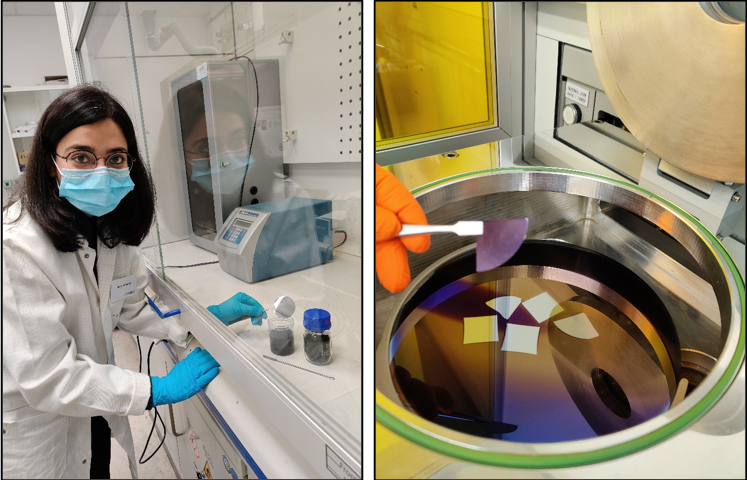
Nikhar Khanna is a 3rd year PhD candidate at the Luxembourg Institute of Science and Technology (LIST)
MORE ABOUT NIKHAR KHANNA
On the team
“Science cannot be done without people interacting with each other. I am fortunate enough to be surrounded by motivated, ambitious and creative people at my workplace. Together, my supervisor, colleagues, engineers and myself, we discuss, accumulate knowledge, which is essential to the expansion of scientific knowledge.”
On choosing Luxembourg as a research destination
“Coming from India to an entirely different culture was not an easy decision for me. But coming to Luxembourg proved one of the finest decisions of my life. Working with colleagues from all over the world in LIST, gave me an opportunity to access a multicultural company along with learning in an attractive environment.
“Being here for two years and a half, Luxembourg feels like home now.”
On [promoting] scientific curiosity
“My inclination towards a continuous practical outlook led me to where I am today. I was completely engaged with materials and their characterizations during my master’s projects in India which drove my interest towards Material Science.
I believe, besides actively contributing to research, a scientist is one who promotes scientific curiosity among young students across the world.”
“With the objective to prepare India’s unprivileged youth to be able to compete with global world in digital era, I contributed to this NGO for a year before joining LIST for my PhD, providing them with the very basics of science.
I always believe in reward learning with more learning. Watch their faces all lit up as they learn!”

About Spotlight on Young Researchers
Spotlight on Young Researchers is an FNR initiative to highlight early career researchers across the world who have a connection to Luxembourg, with nearly 100 features published since 2016.
More in the series SPOTLIGHT ON YOUNG RESEARCHERS
- All
- Cancer research
- Environmental & Earth Sciences
- Humanities & Social Sciences
- Information & Communication Technologies
- Law, Economics & Finance
- Life Sciences, Biology & Medicine
- Materials, Physics & Engineering
- Mathematics
- Research meets industry
- Sustainable resource mgmt
- Women in science


